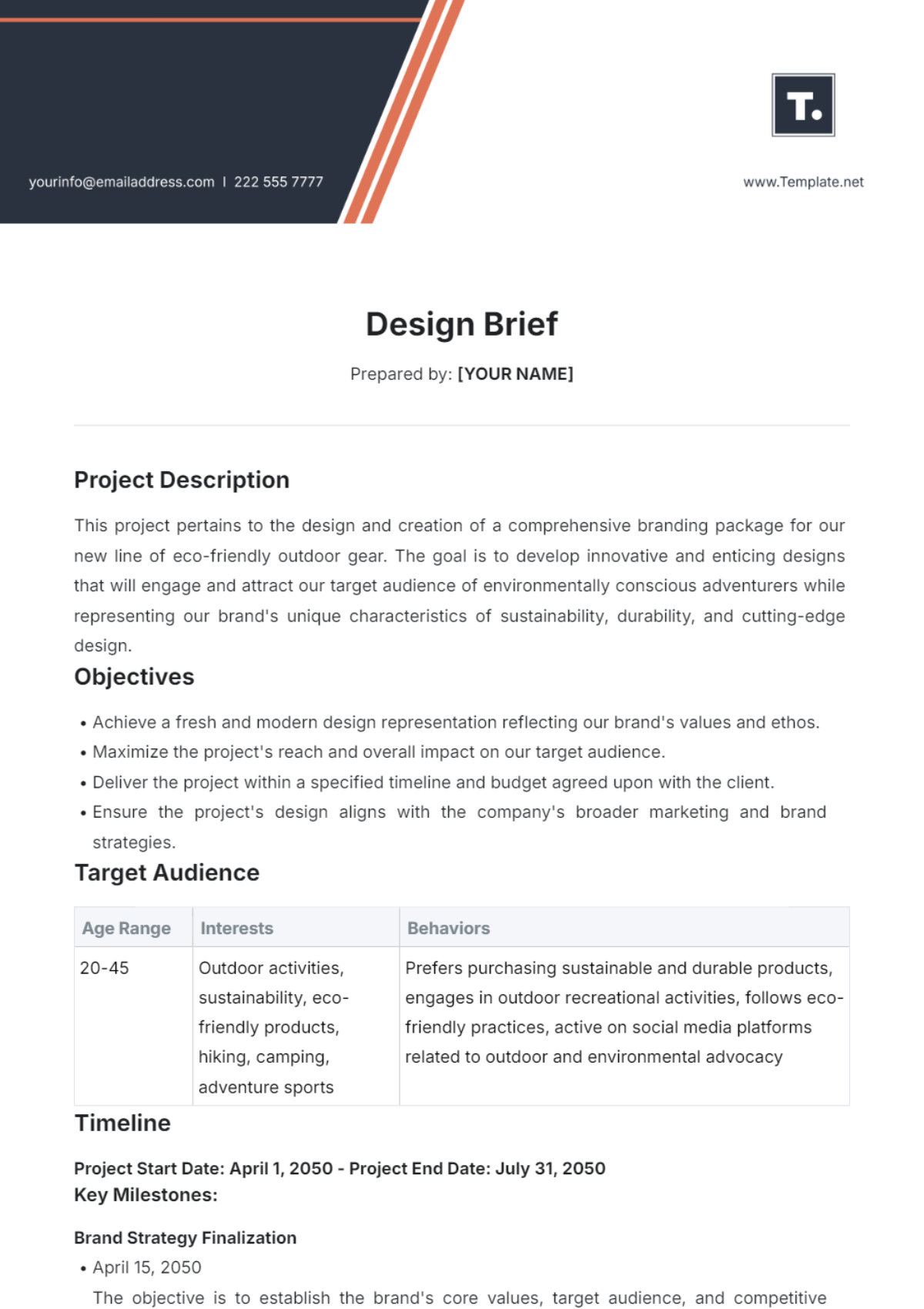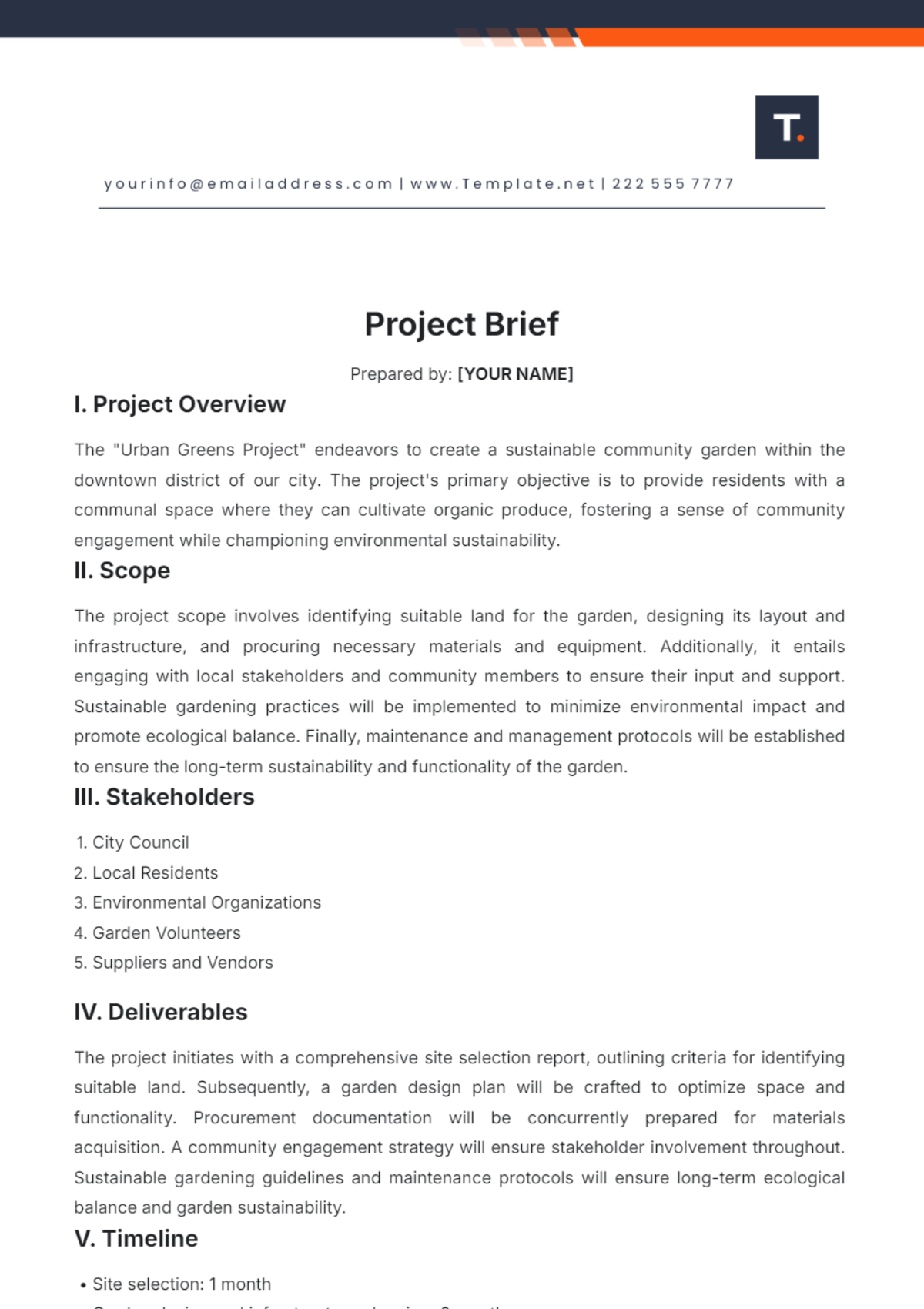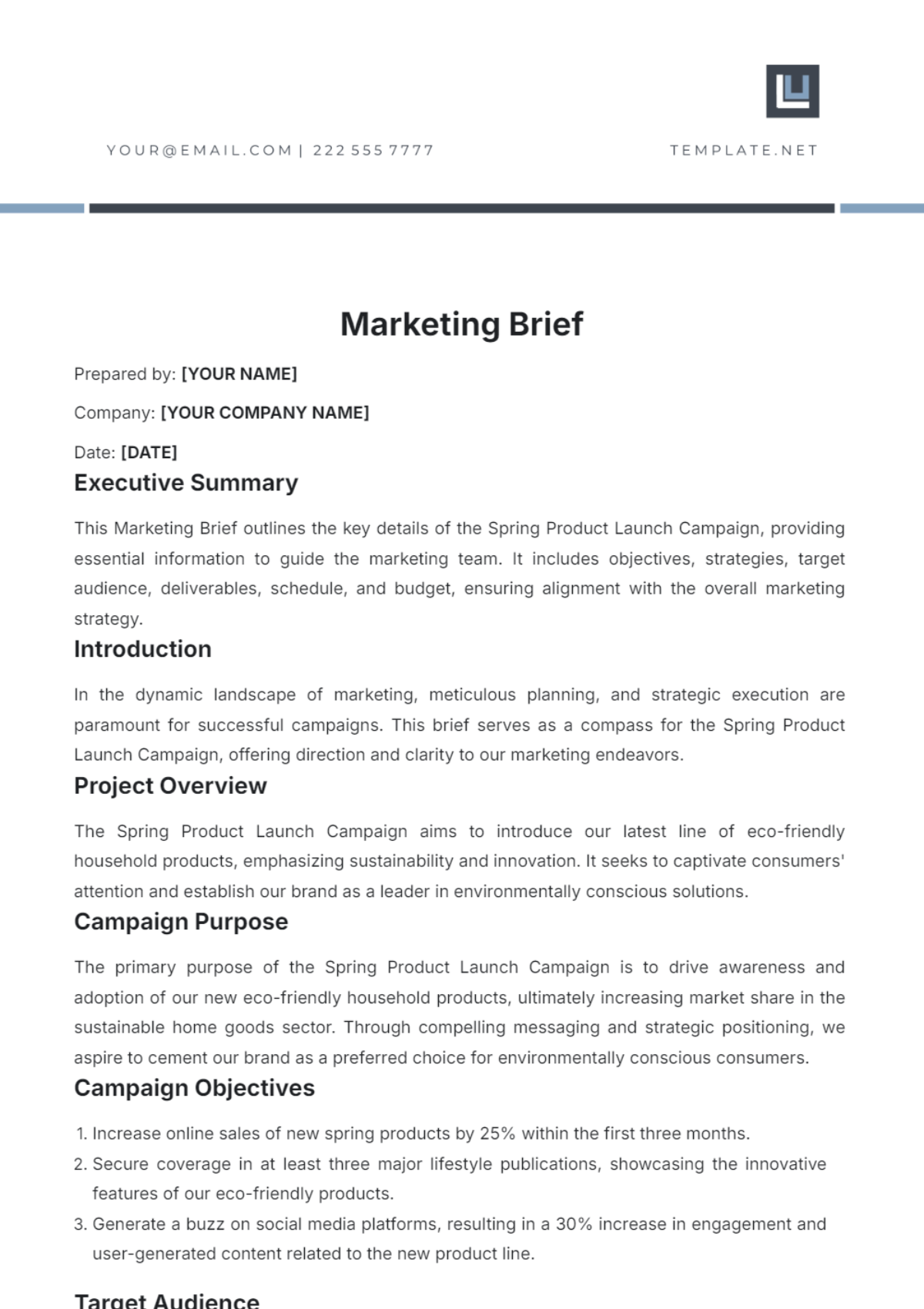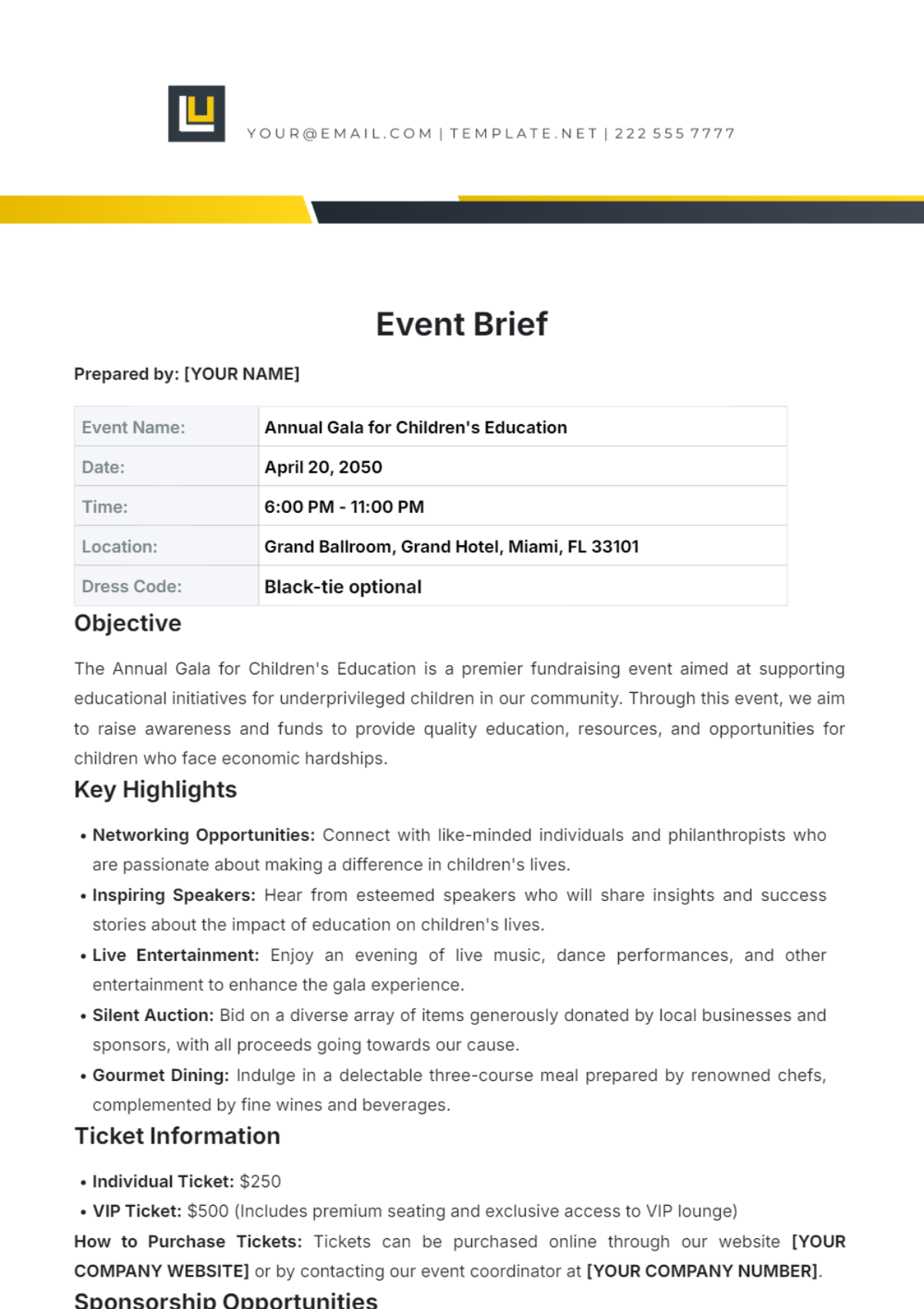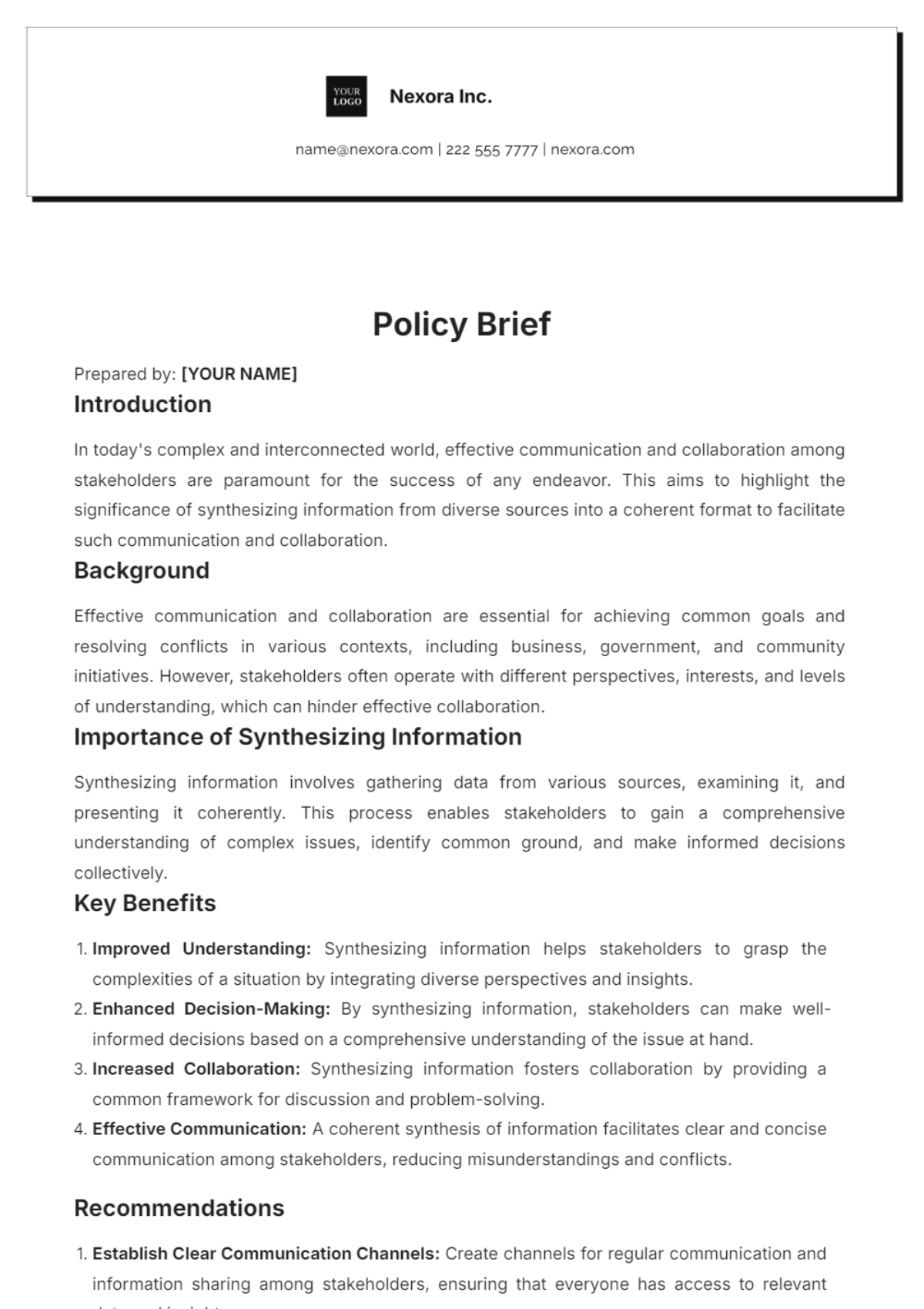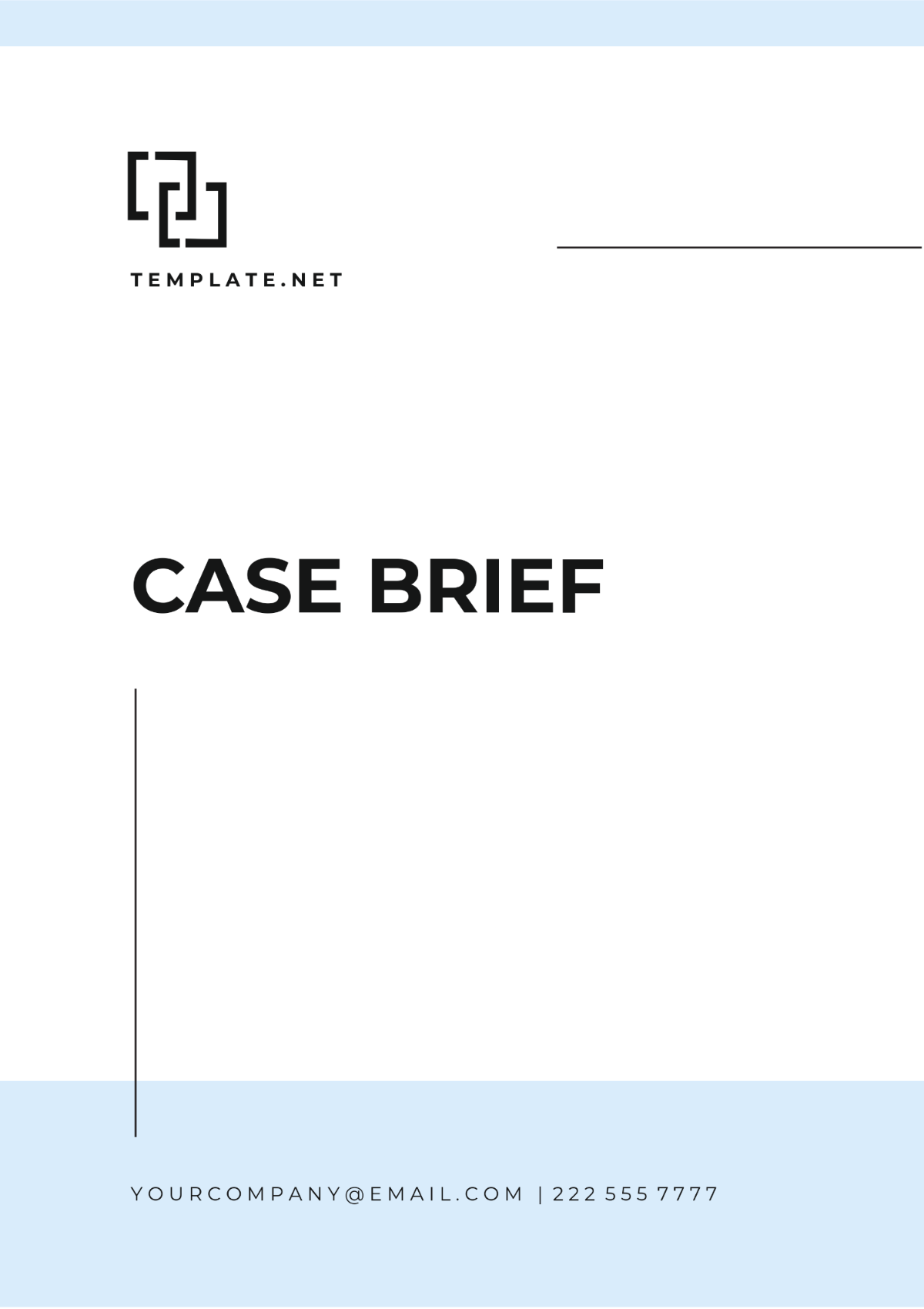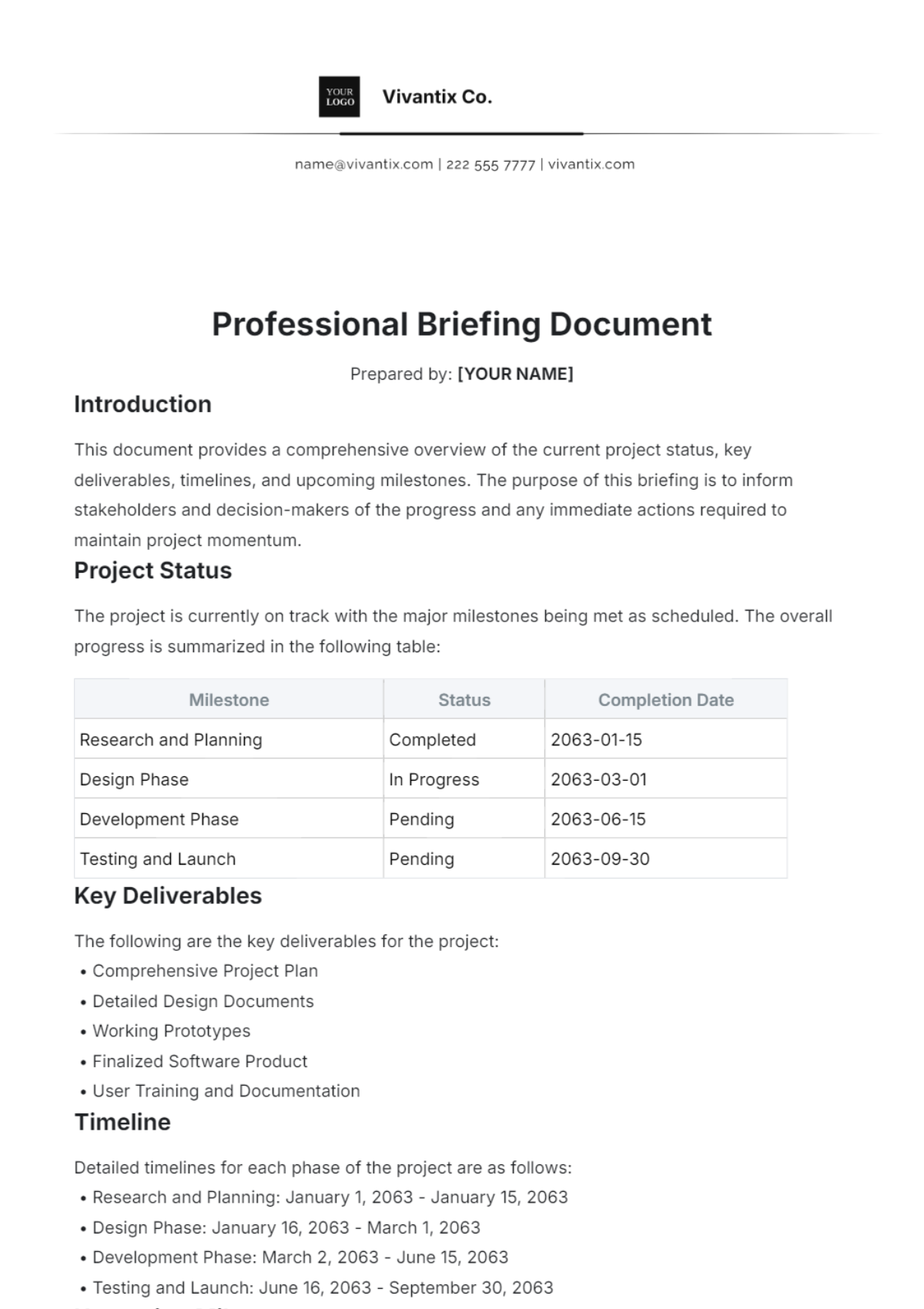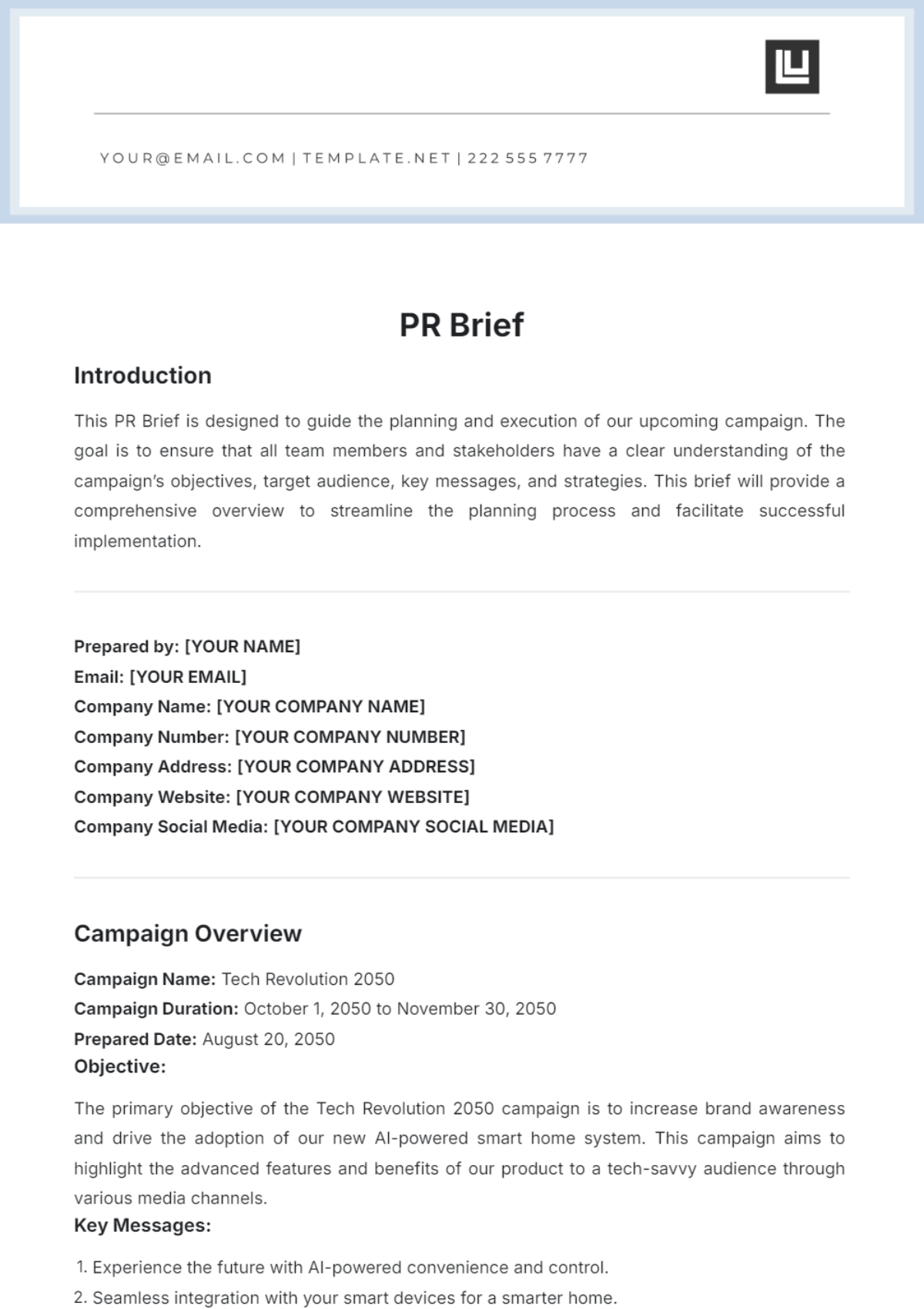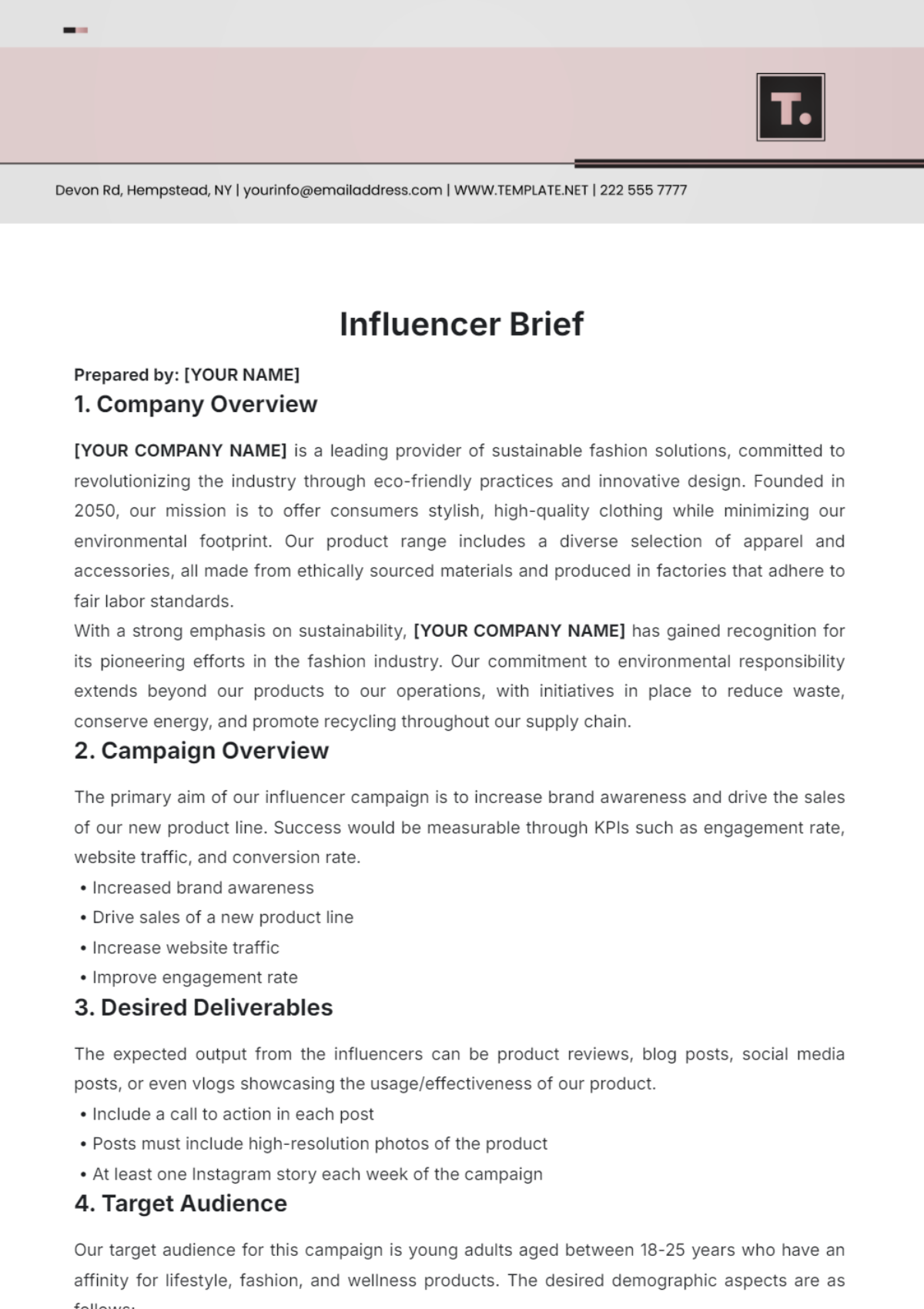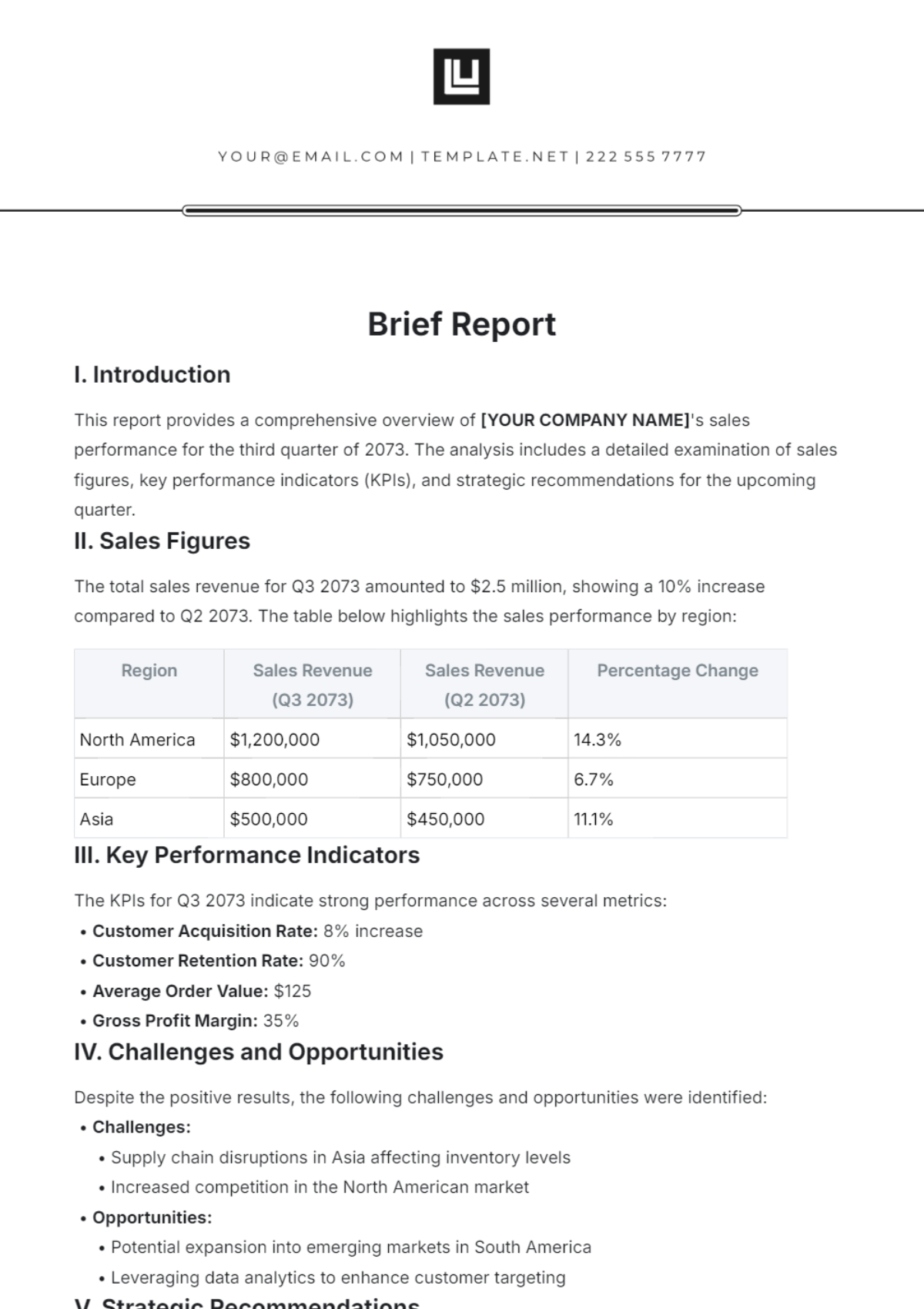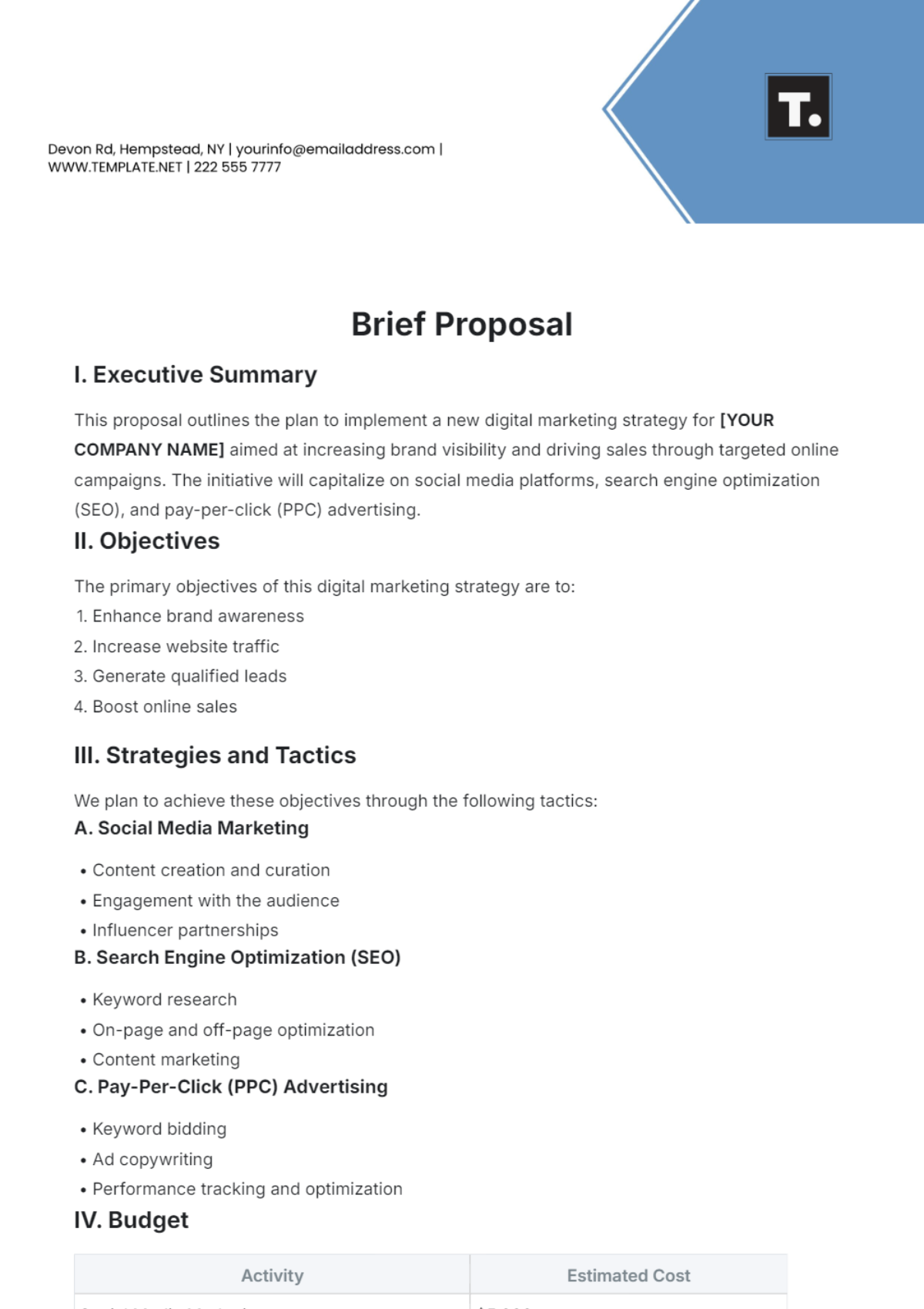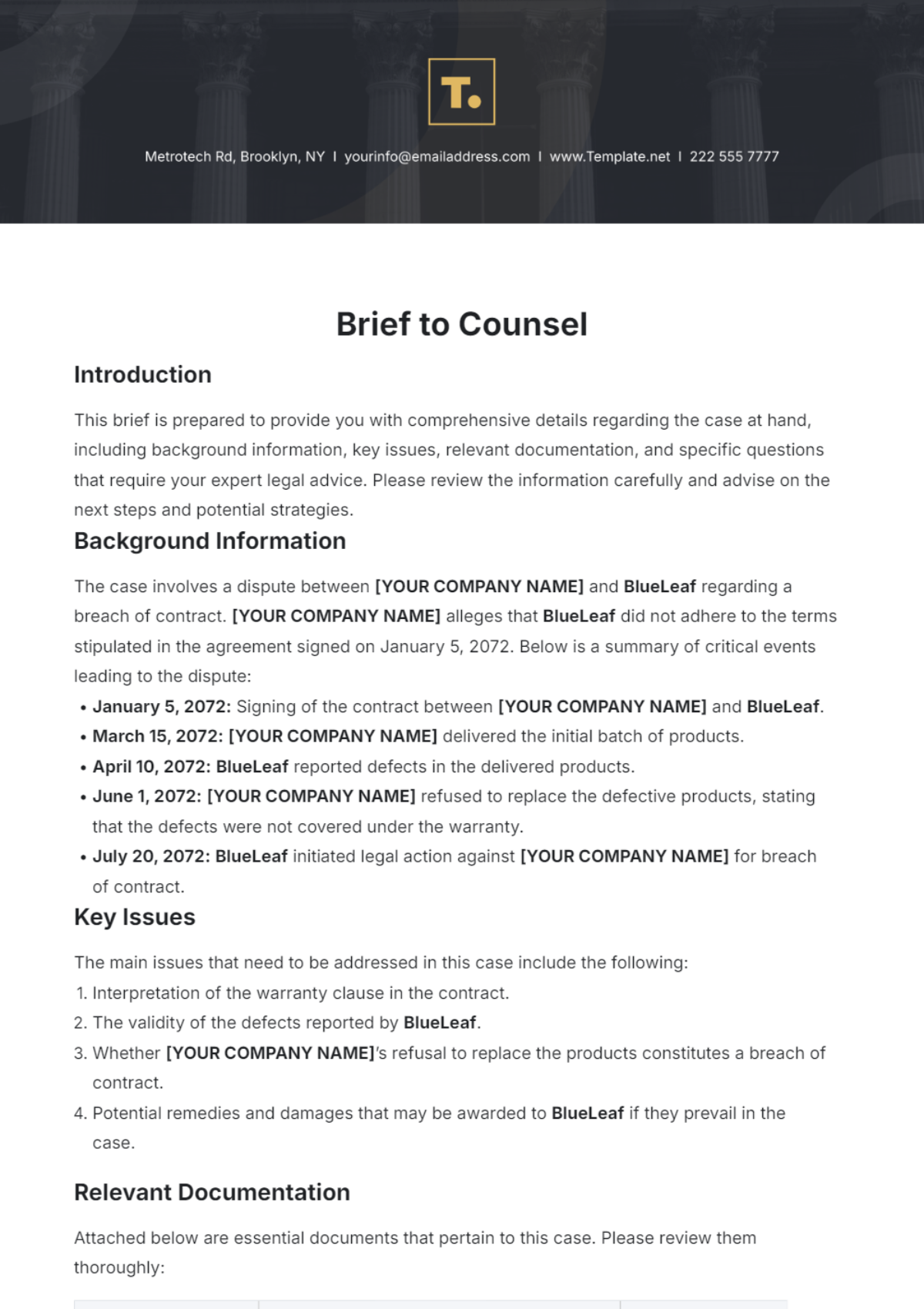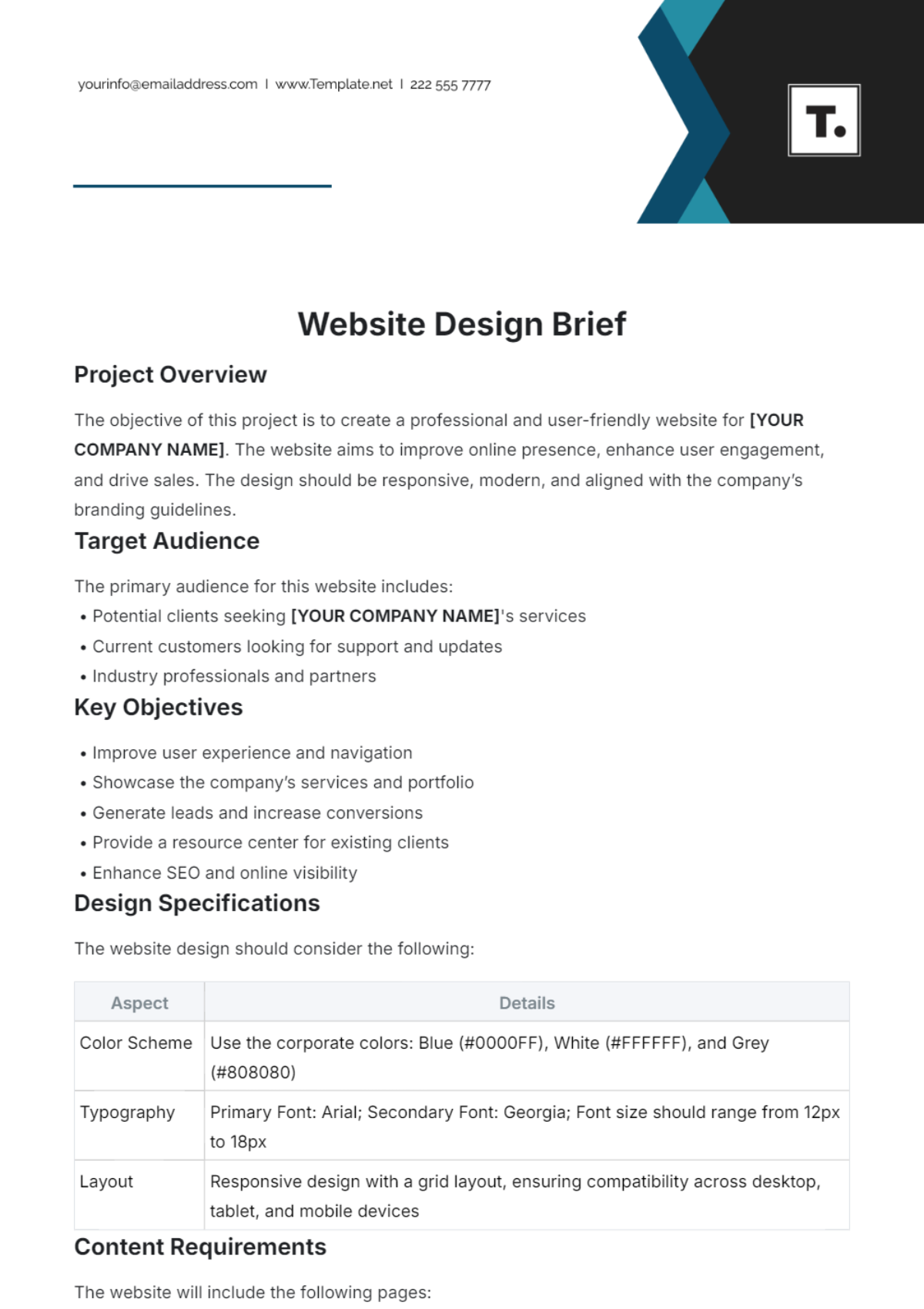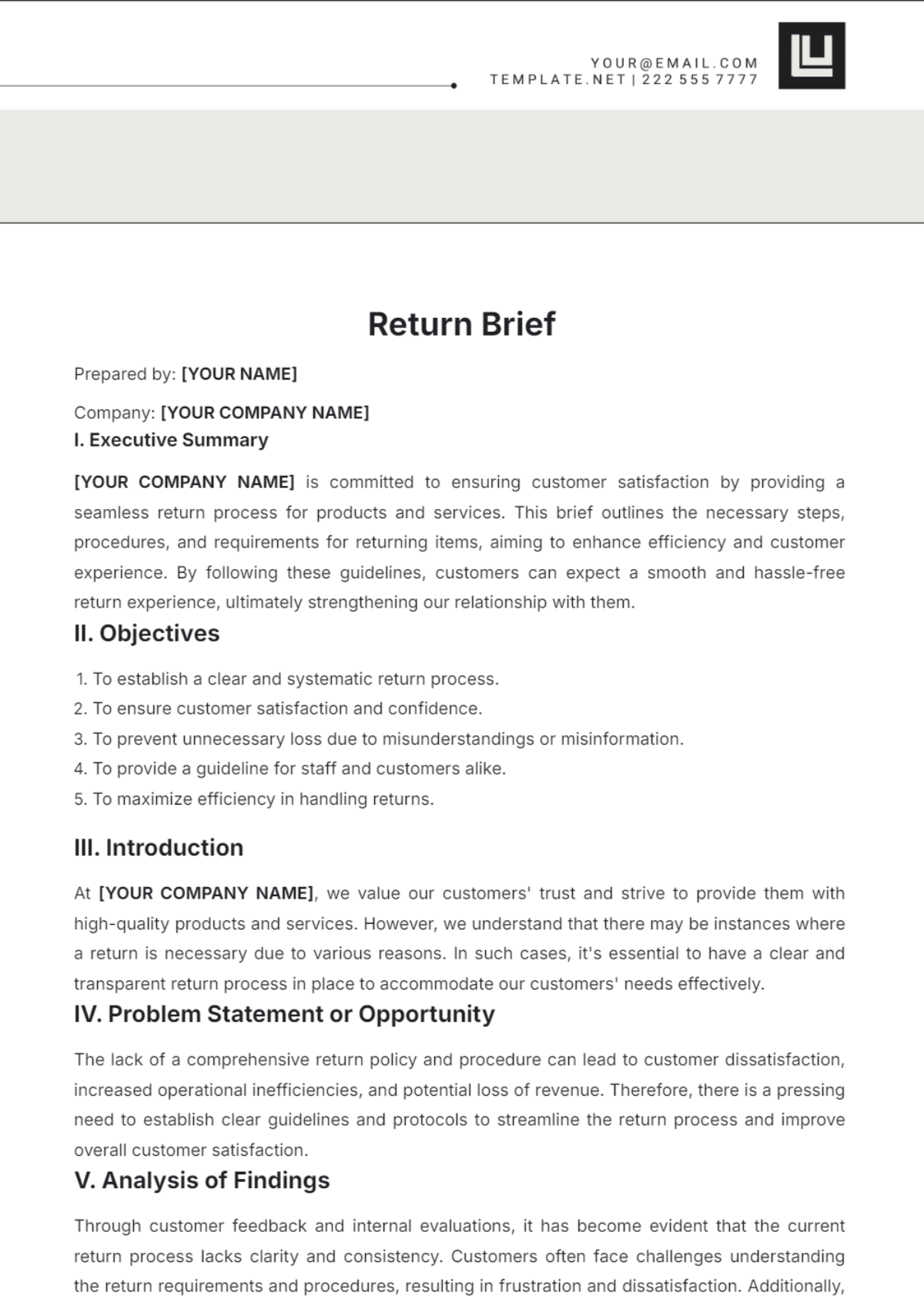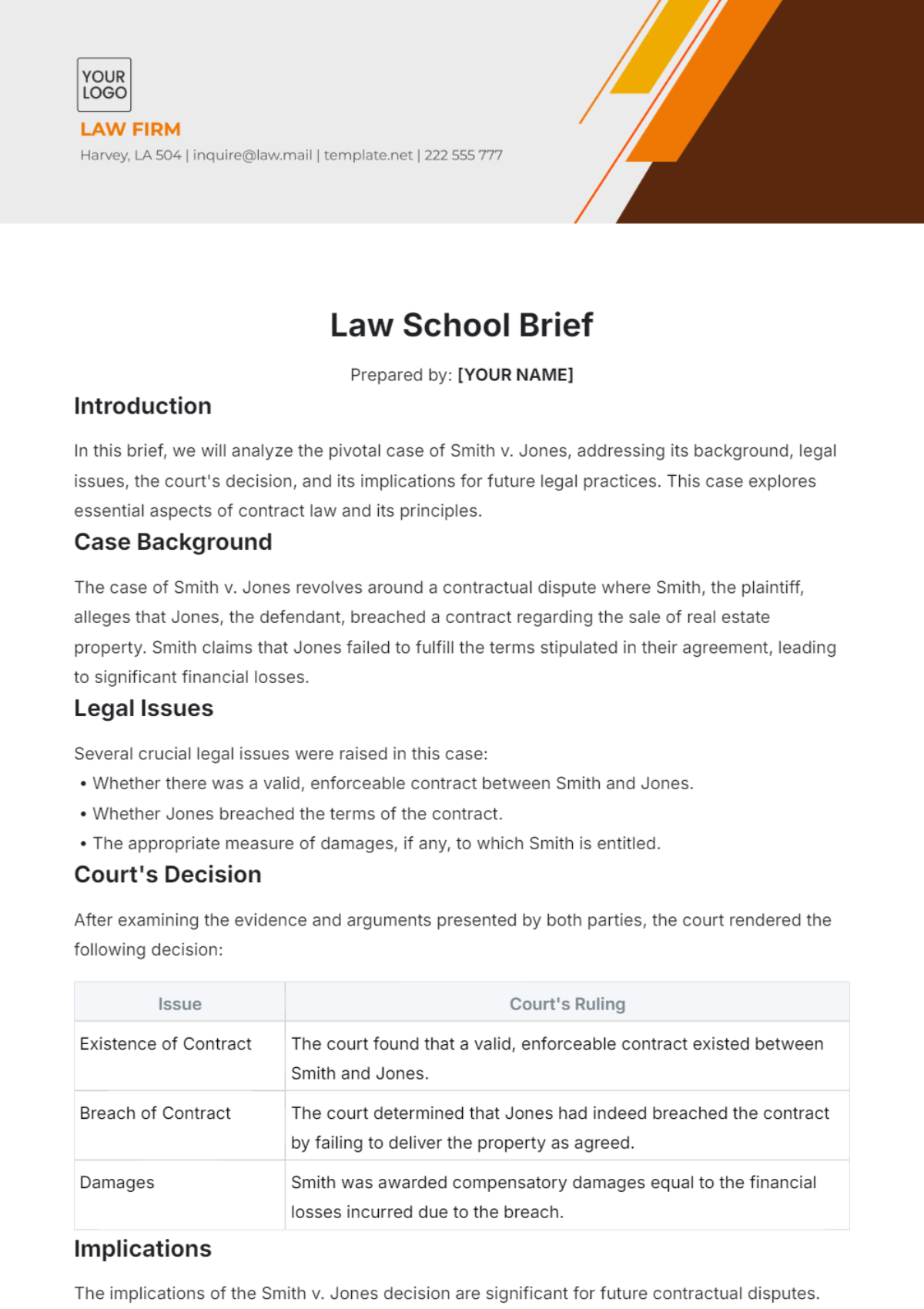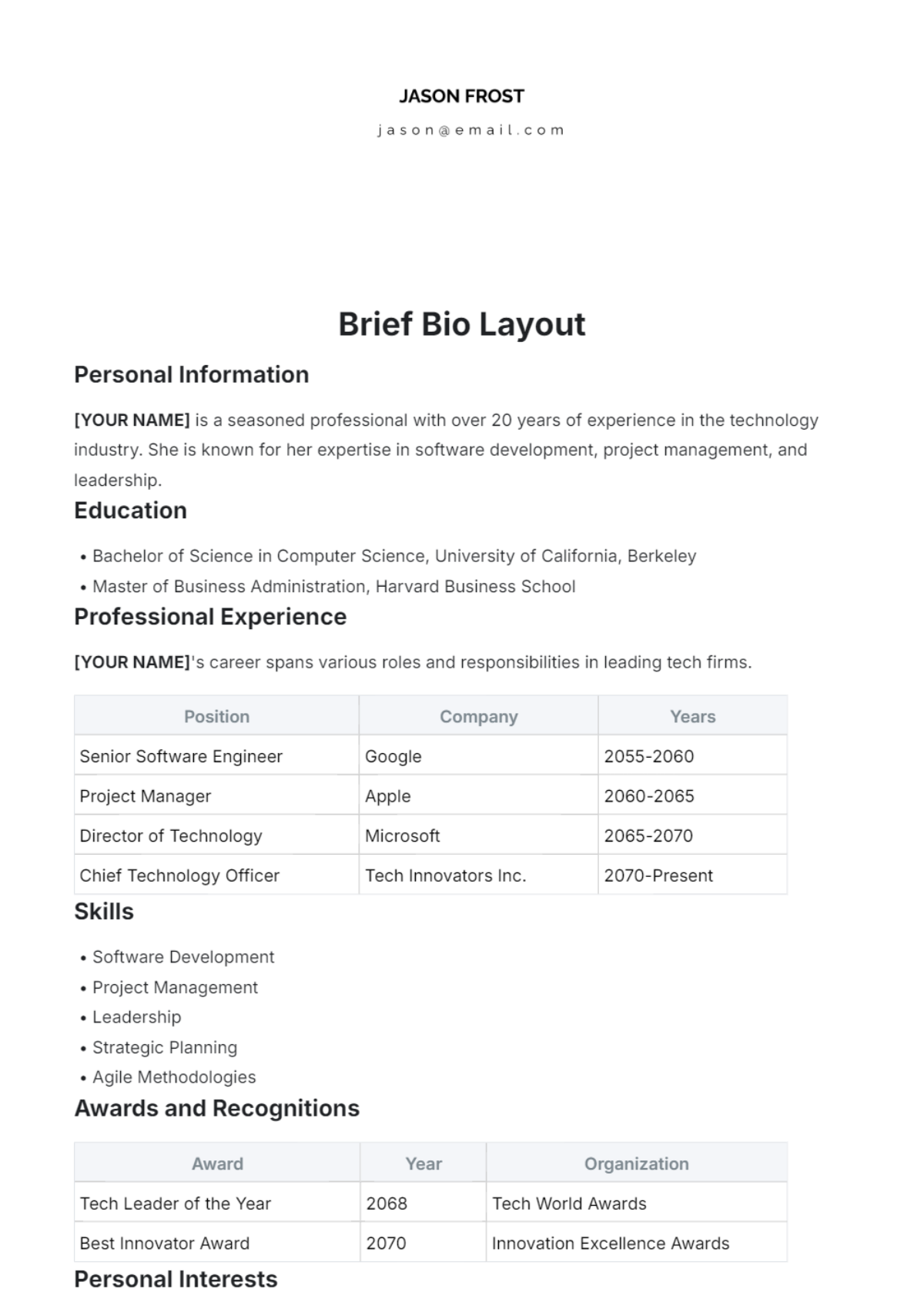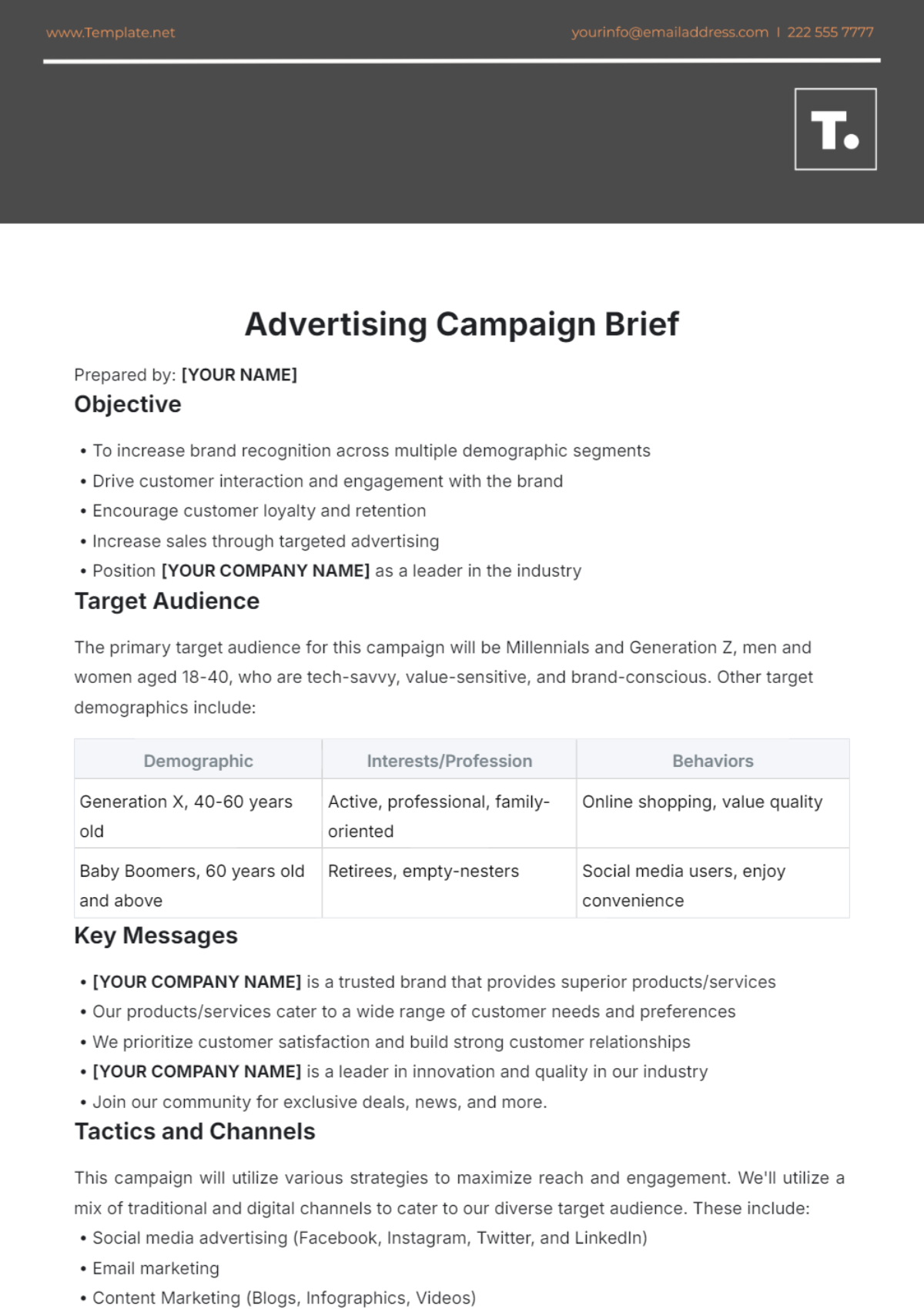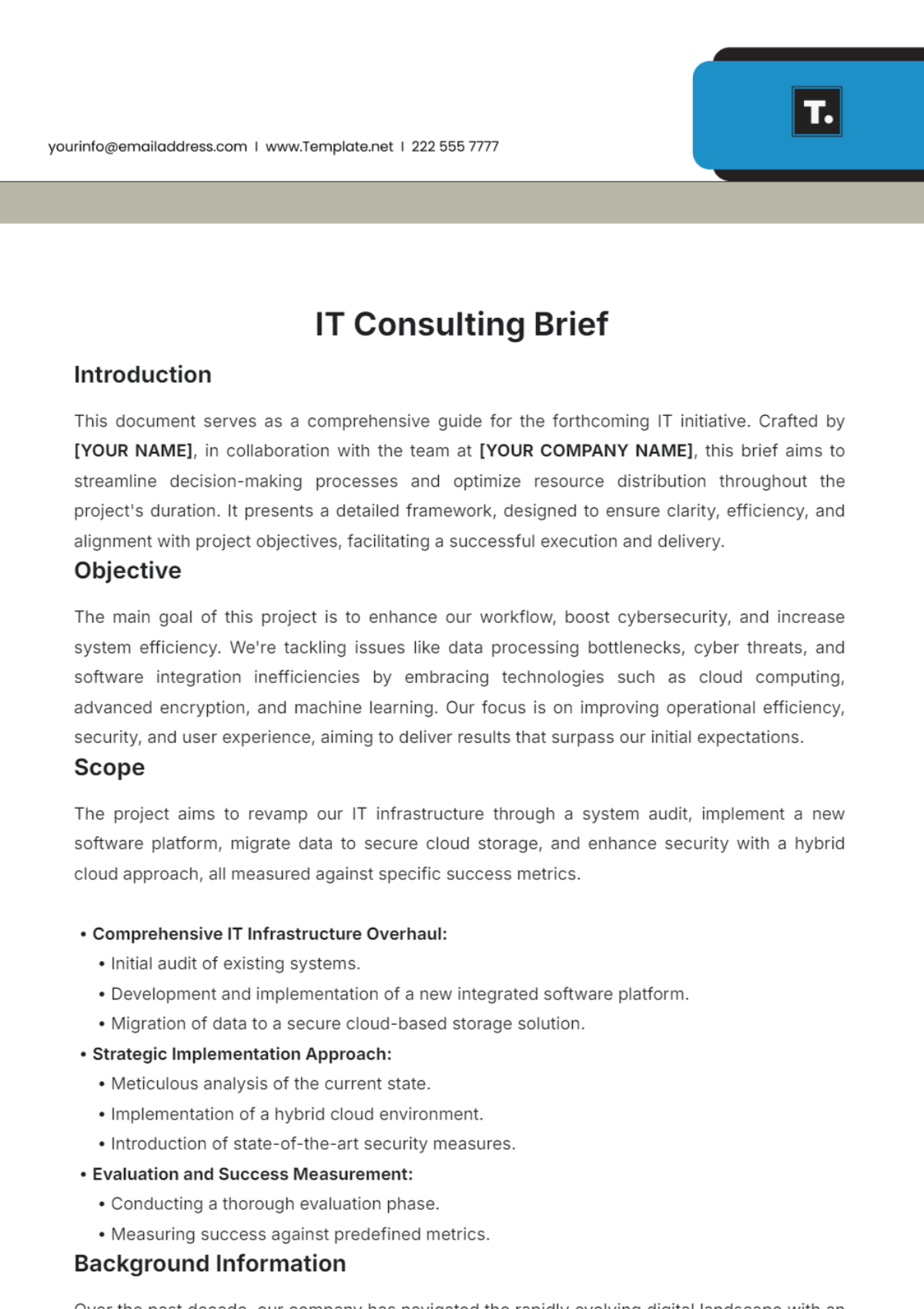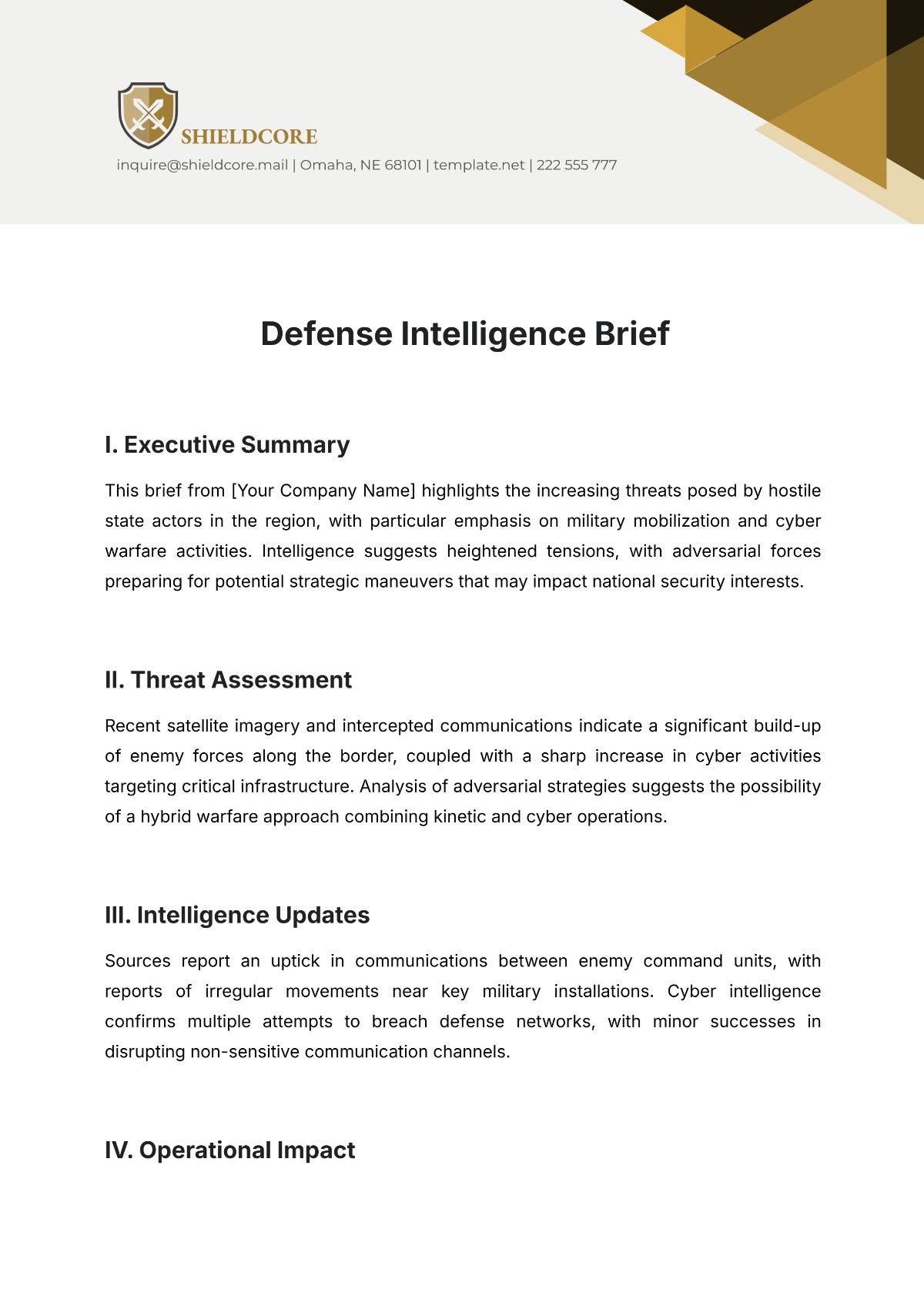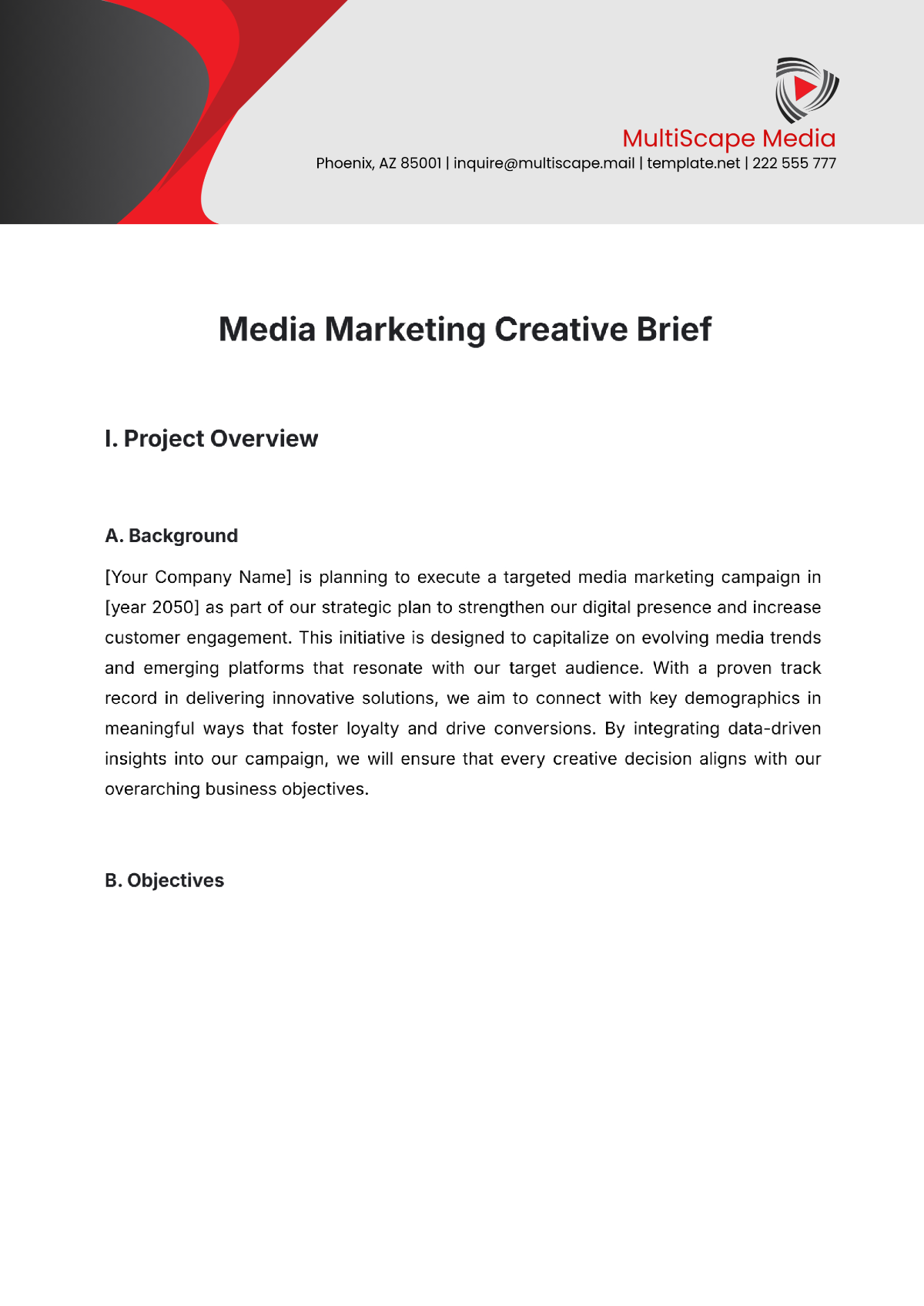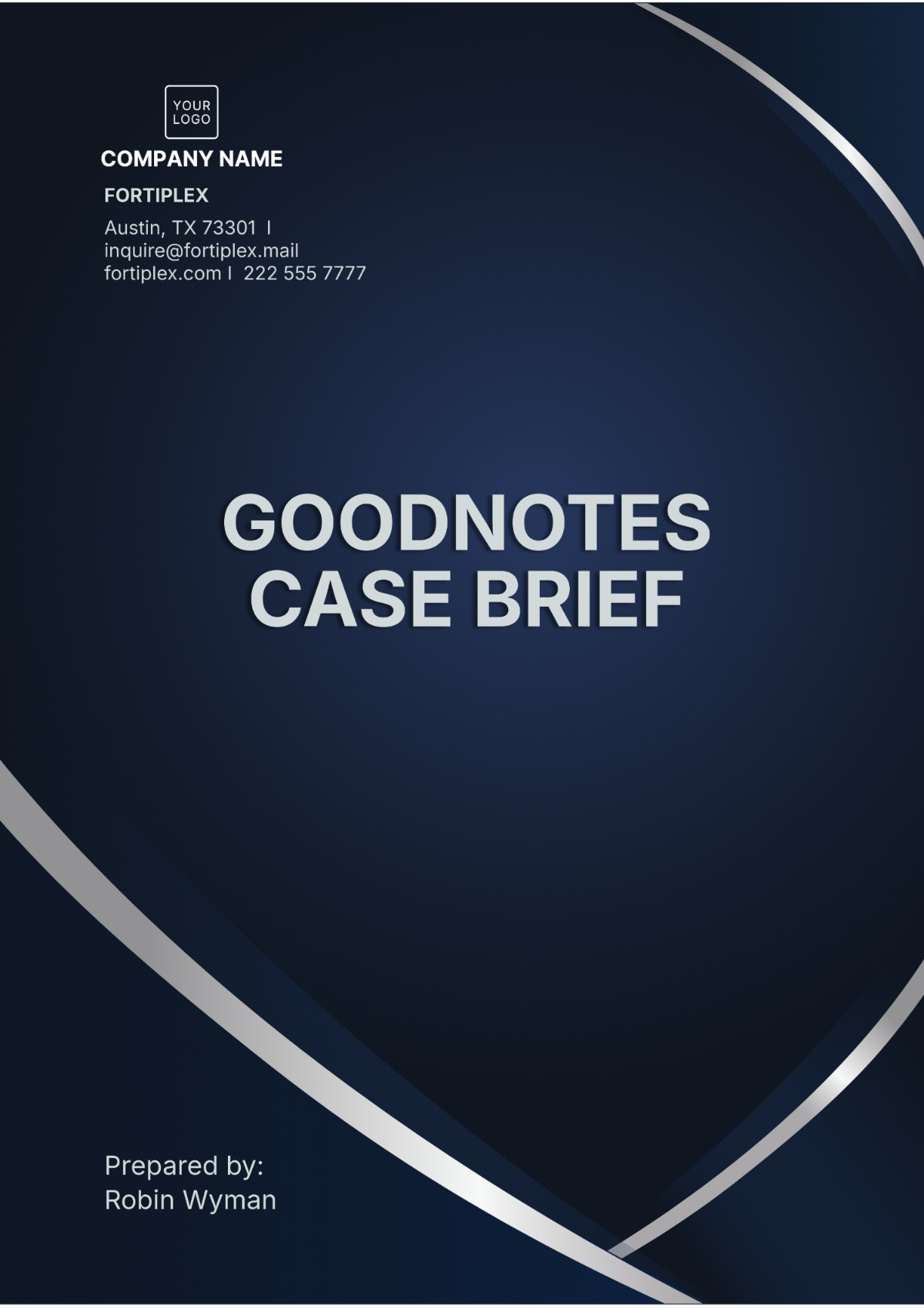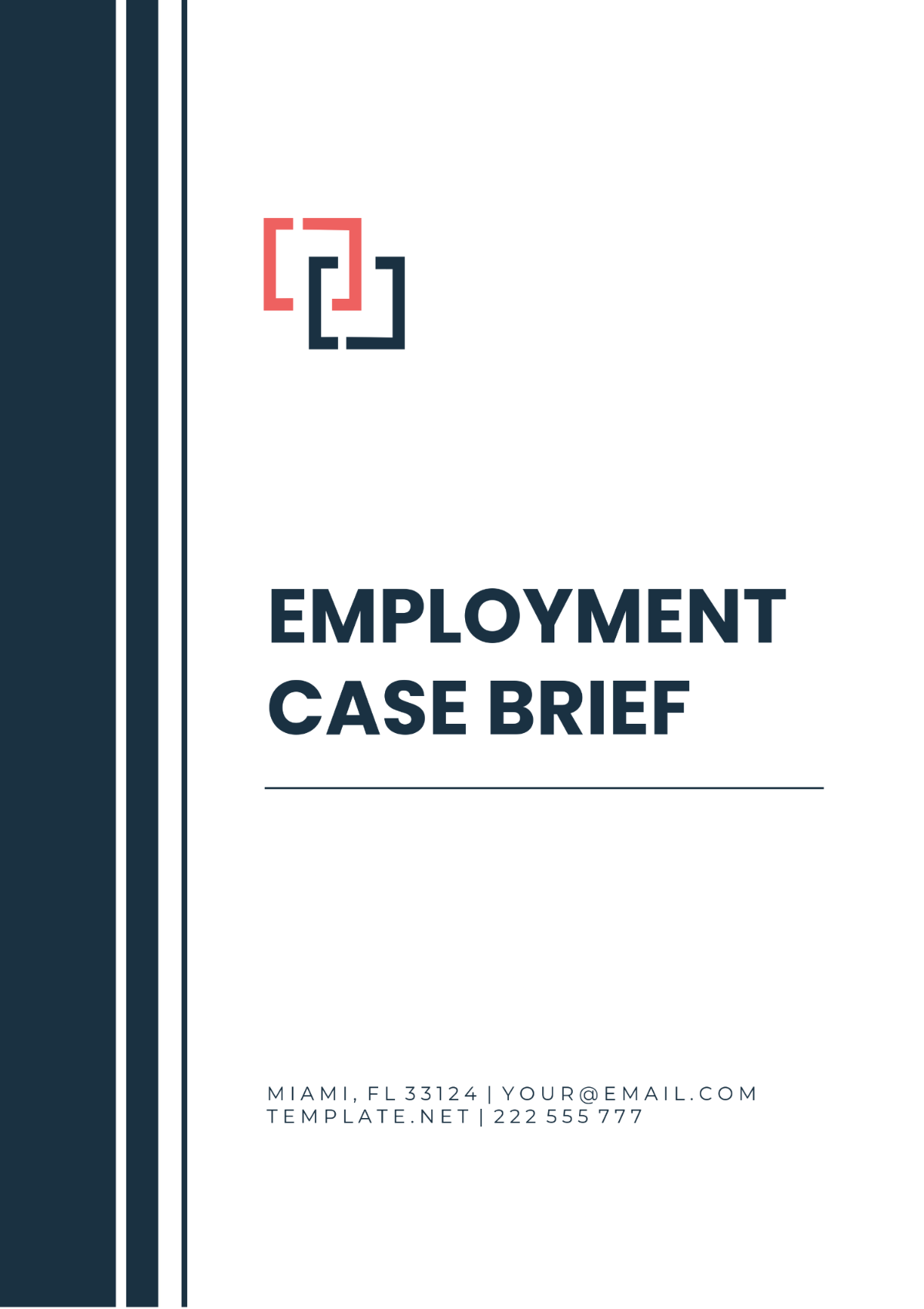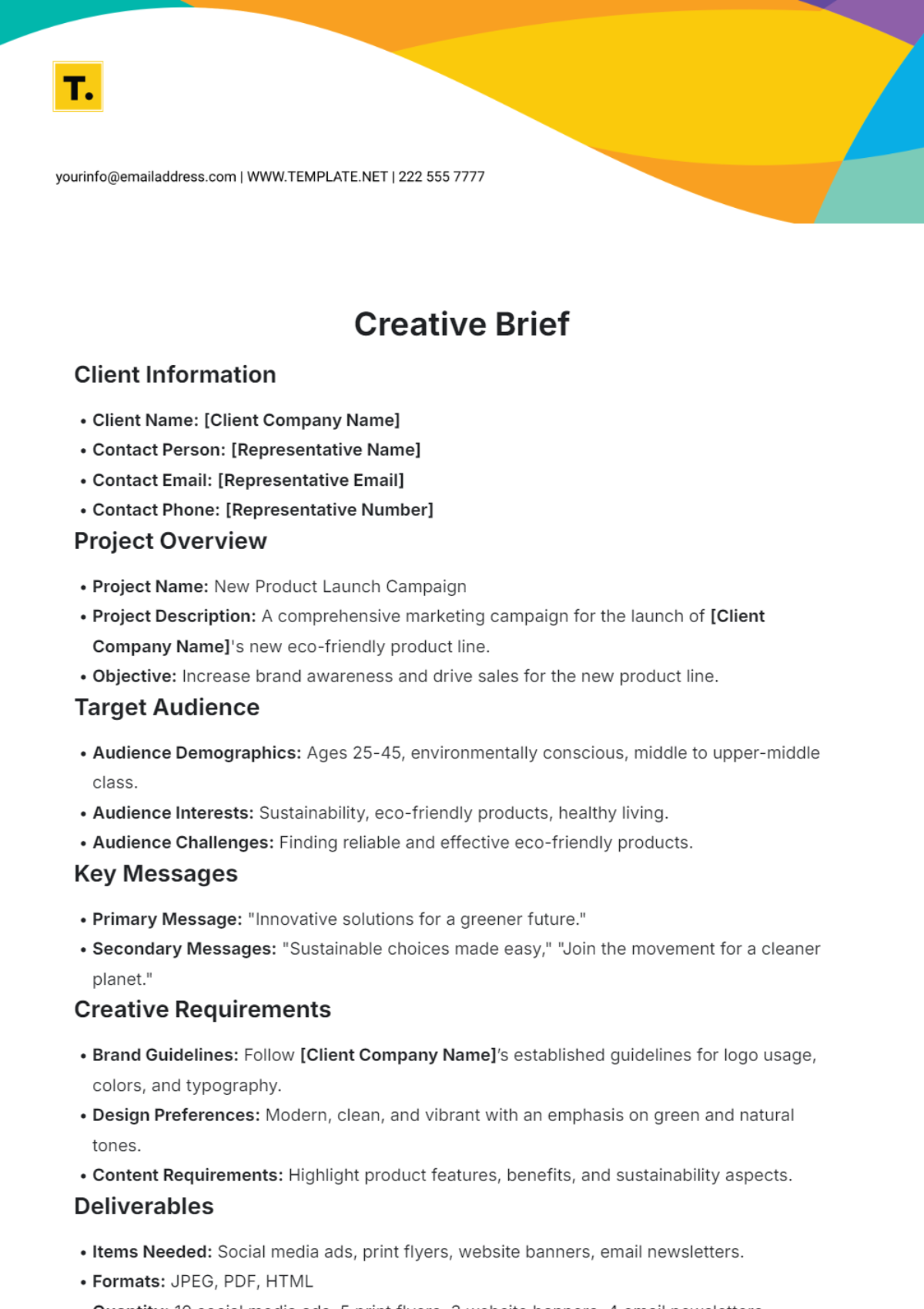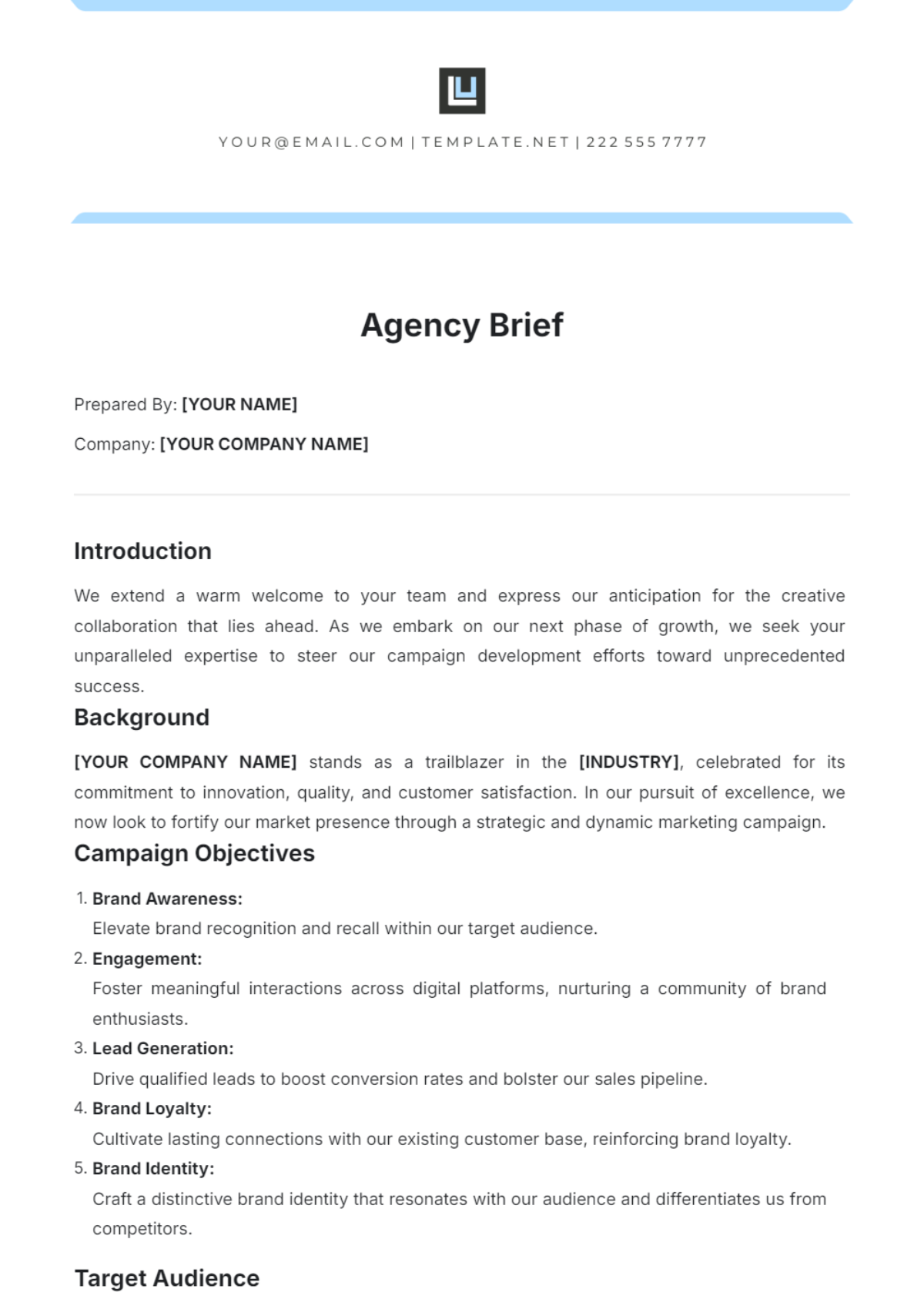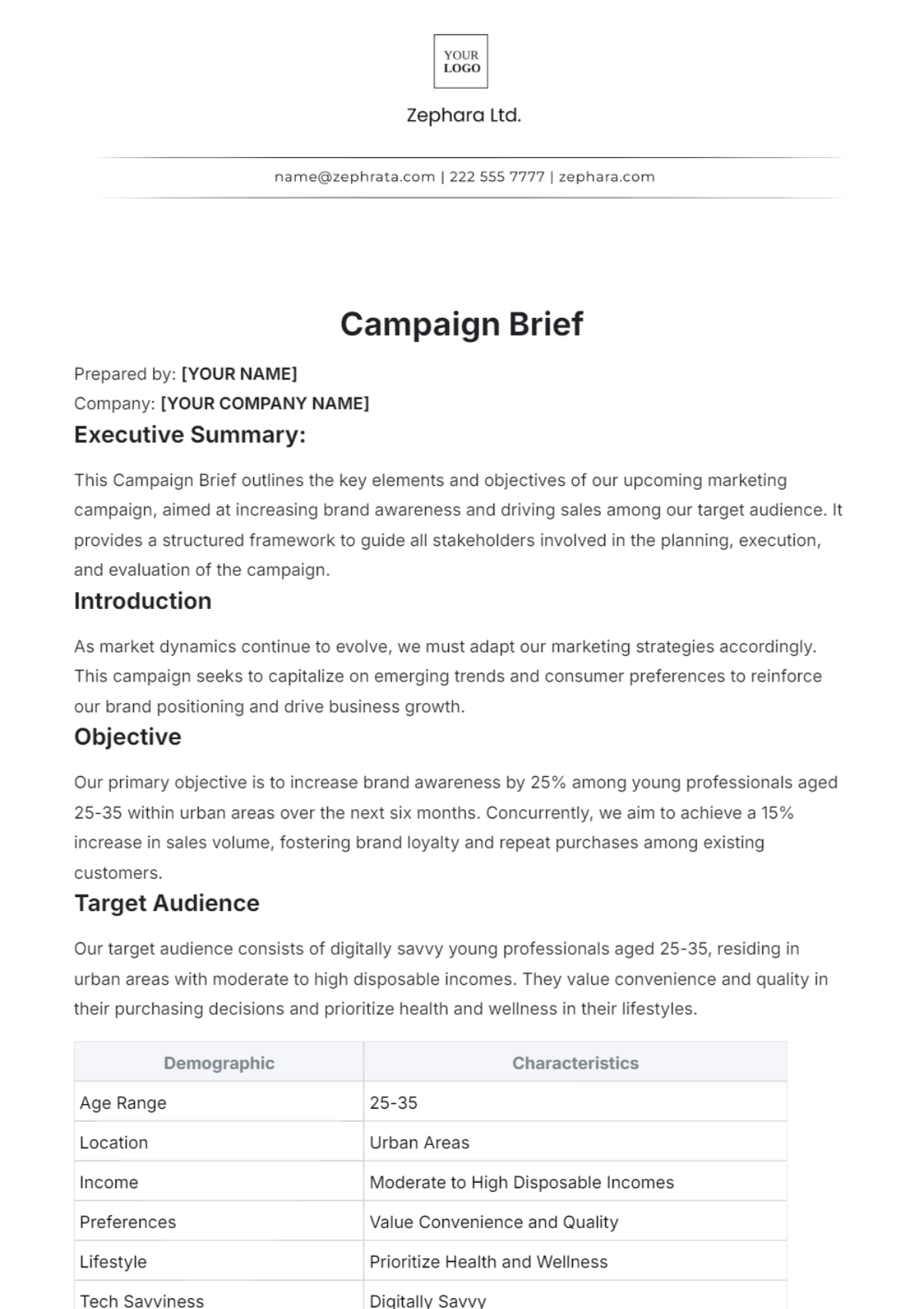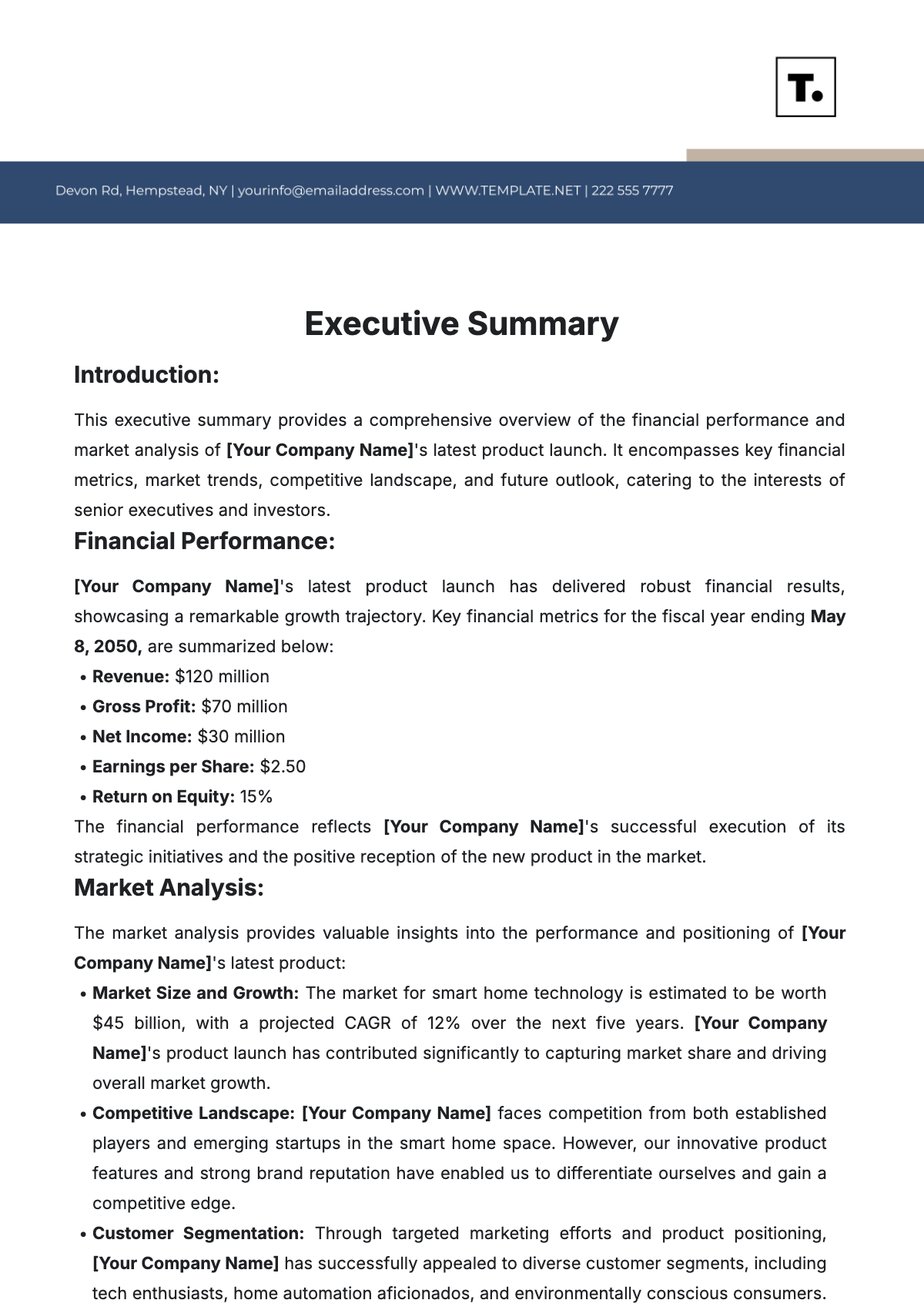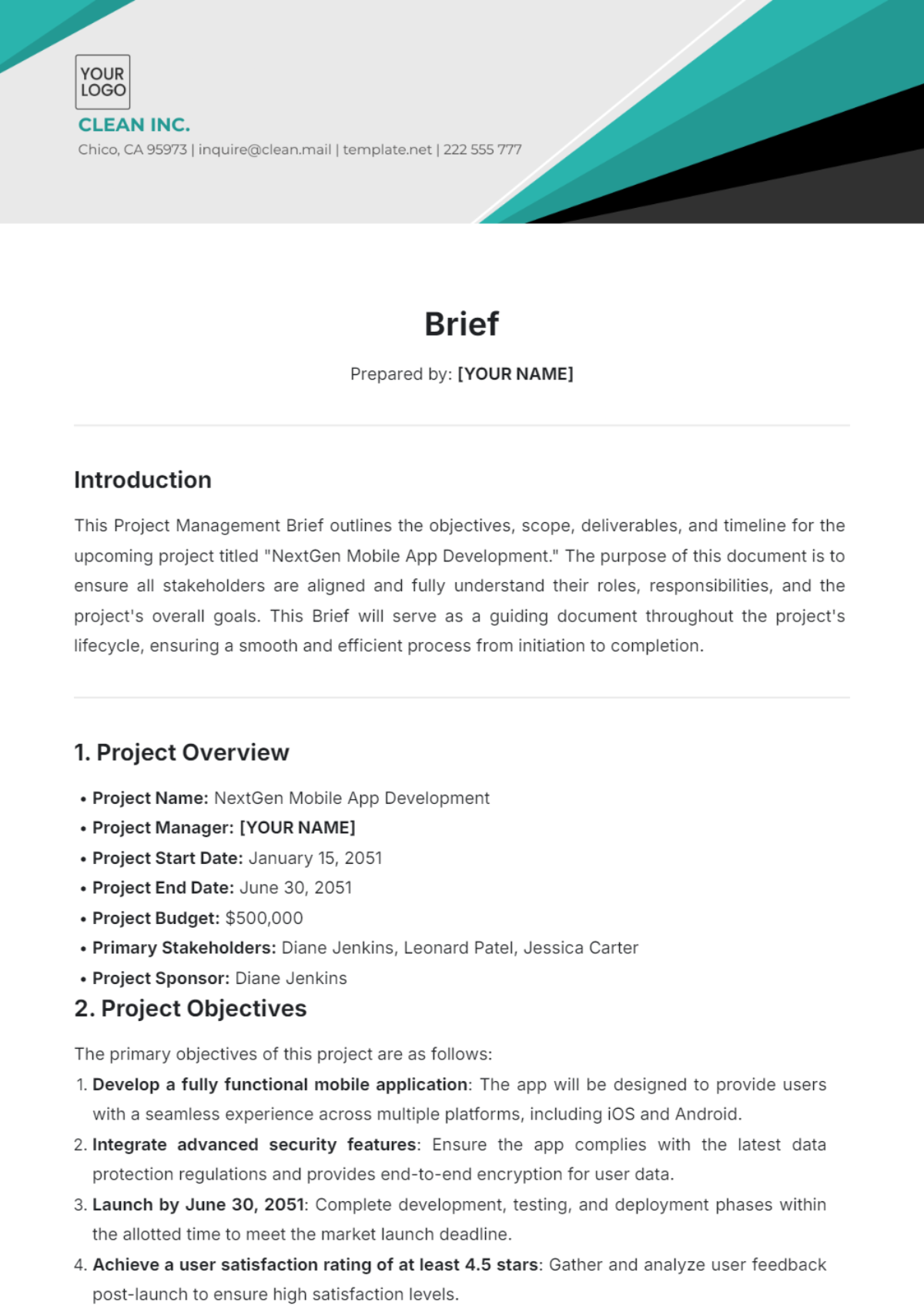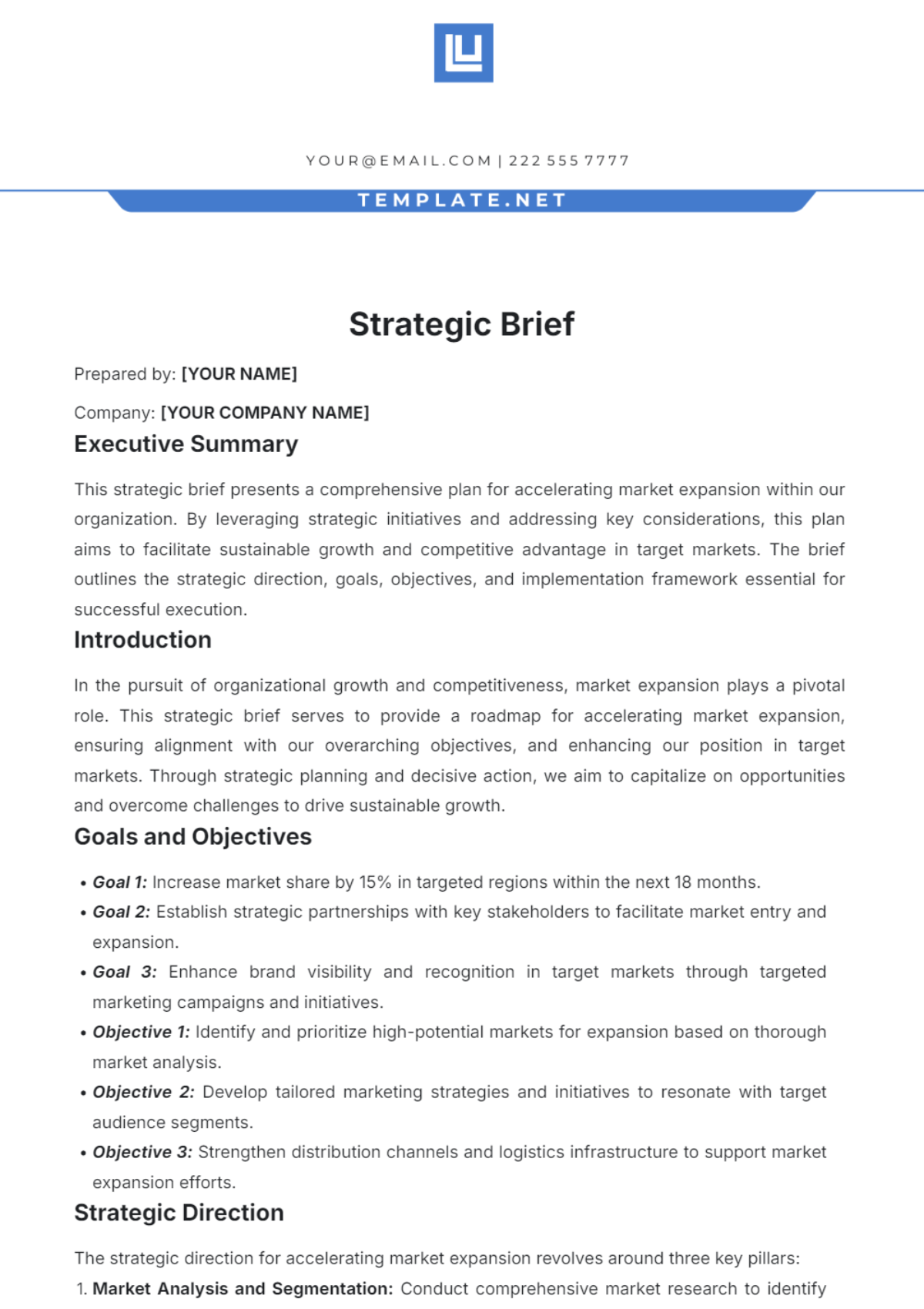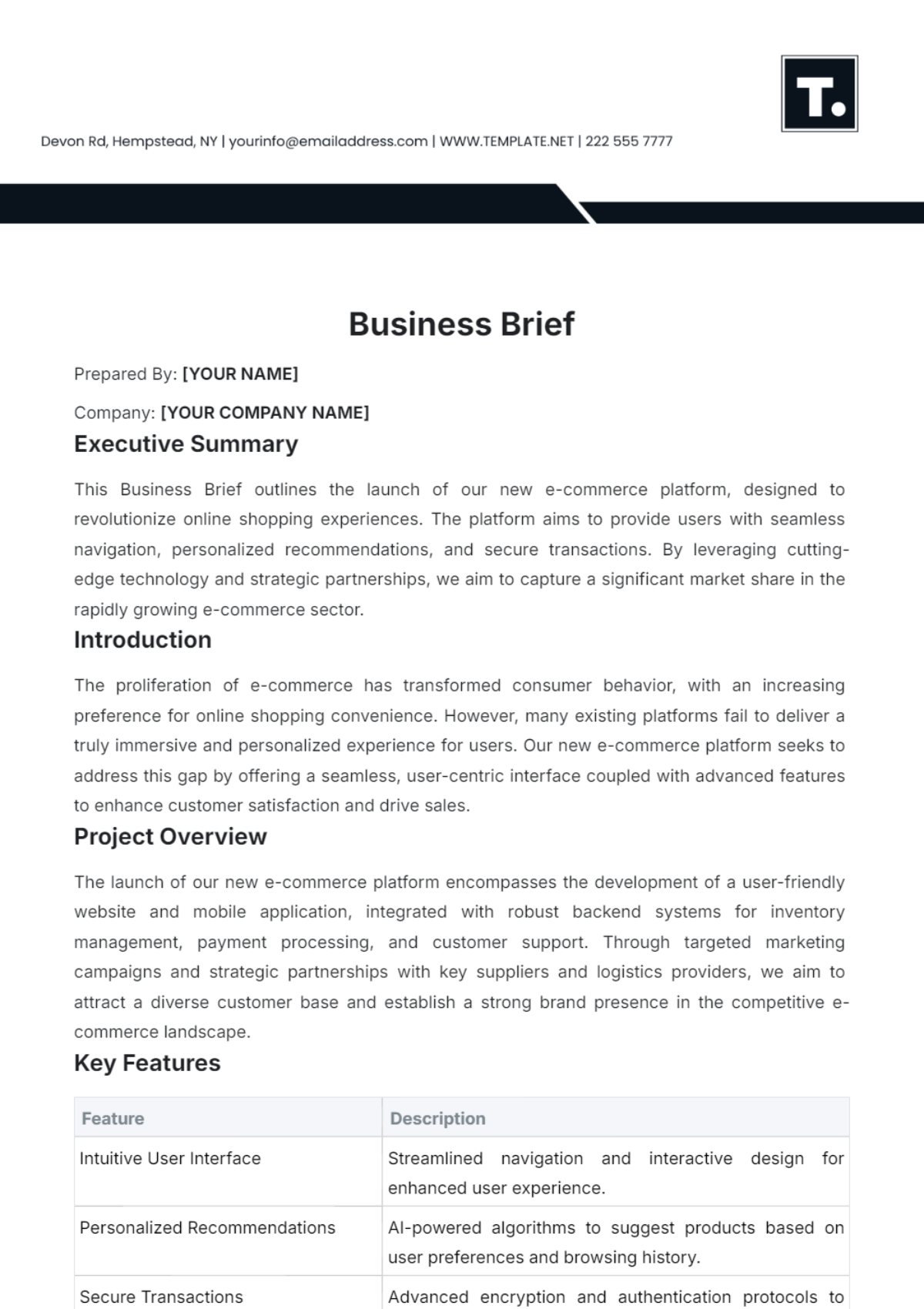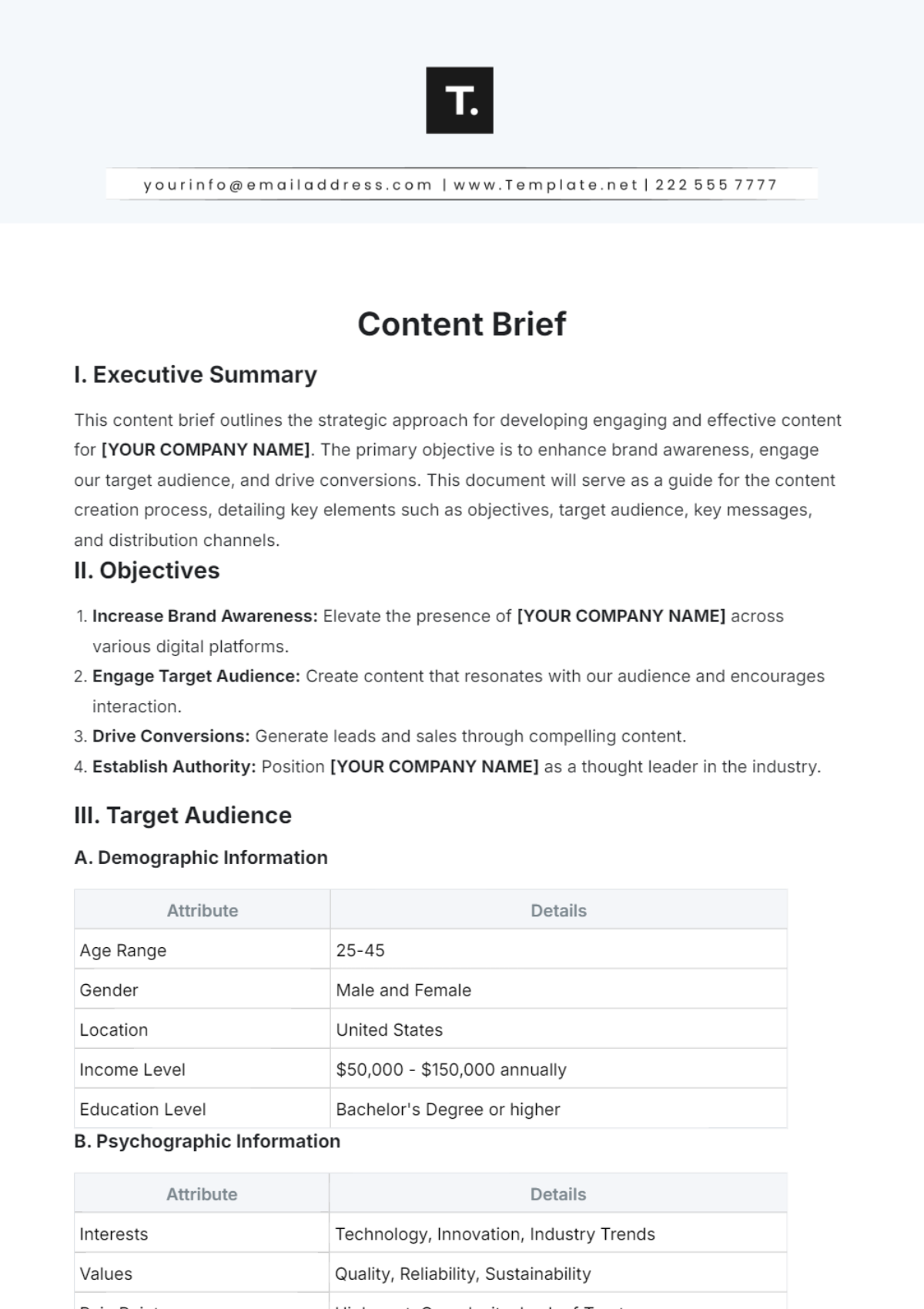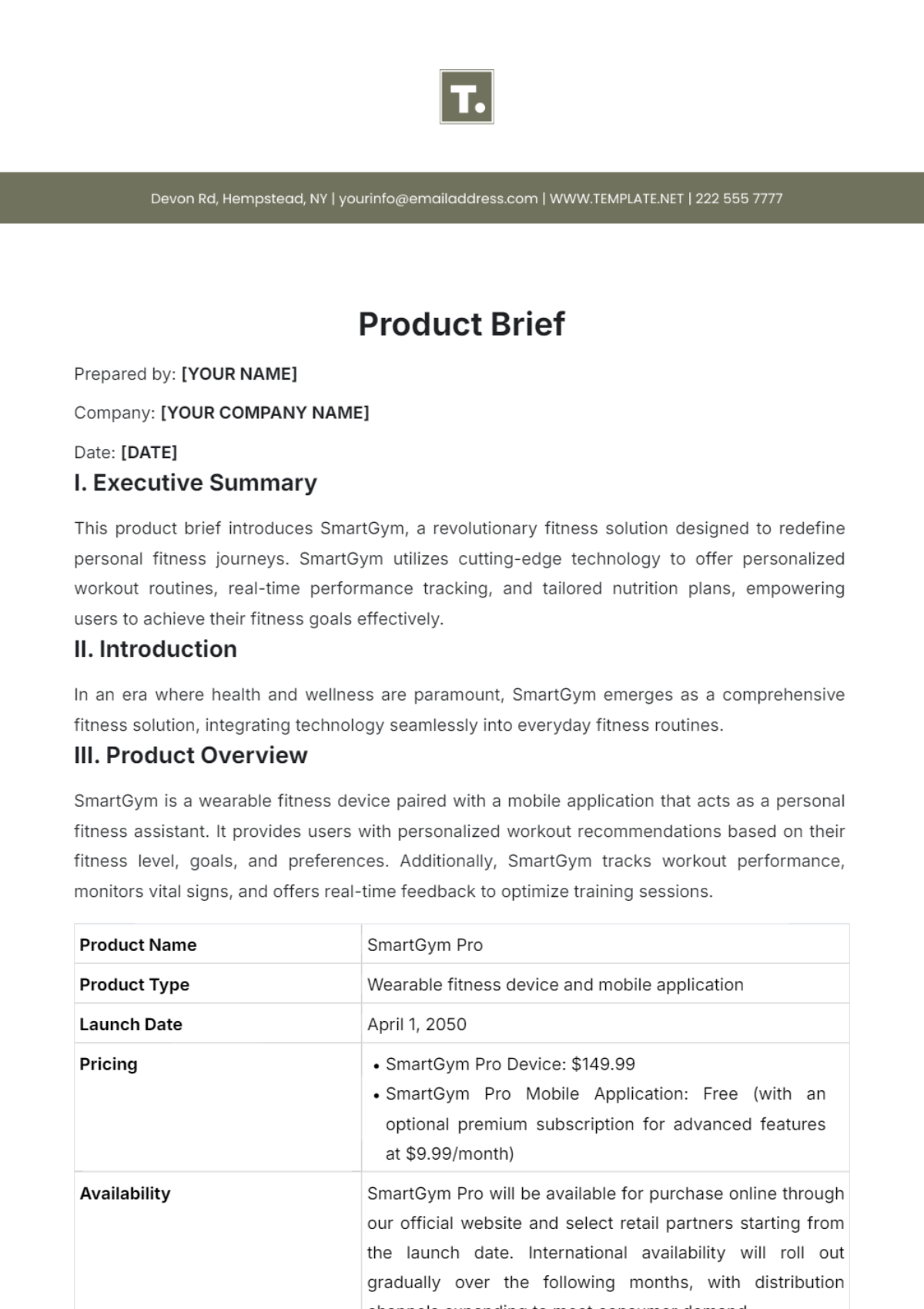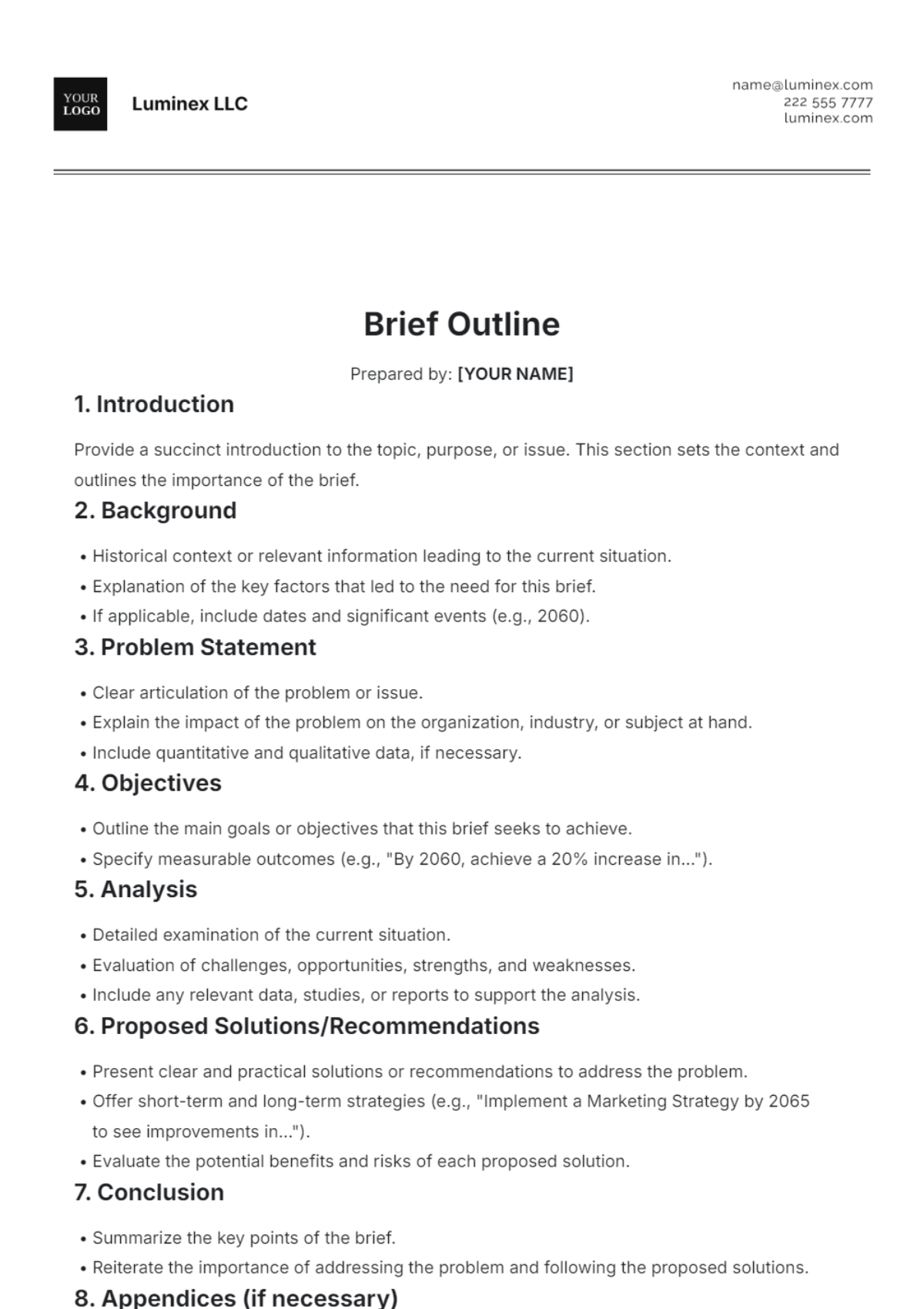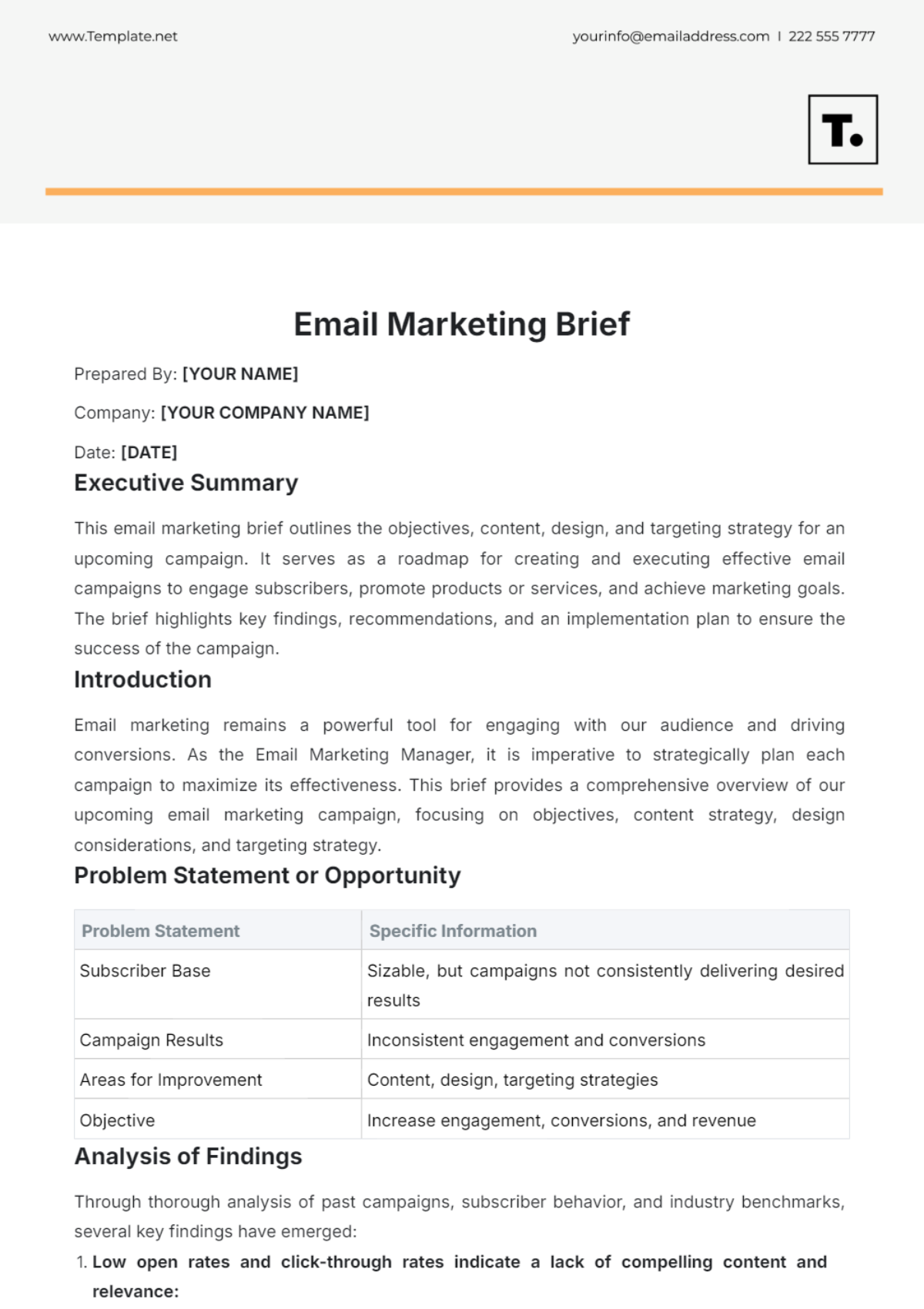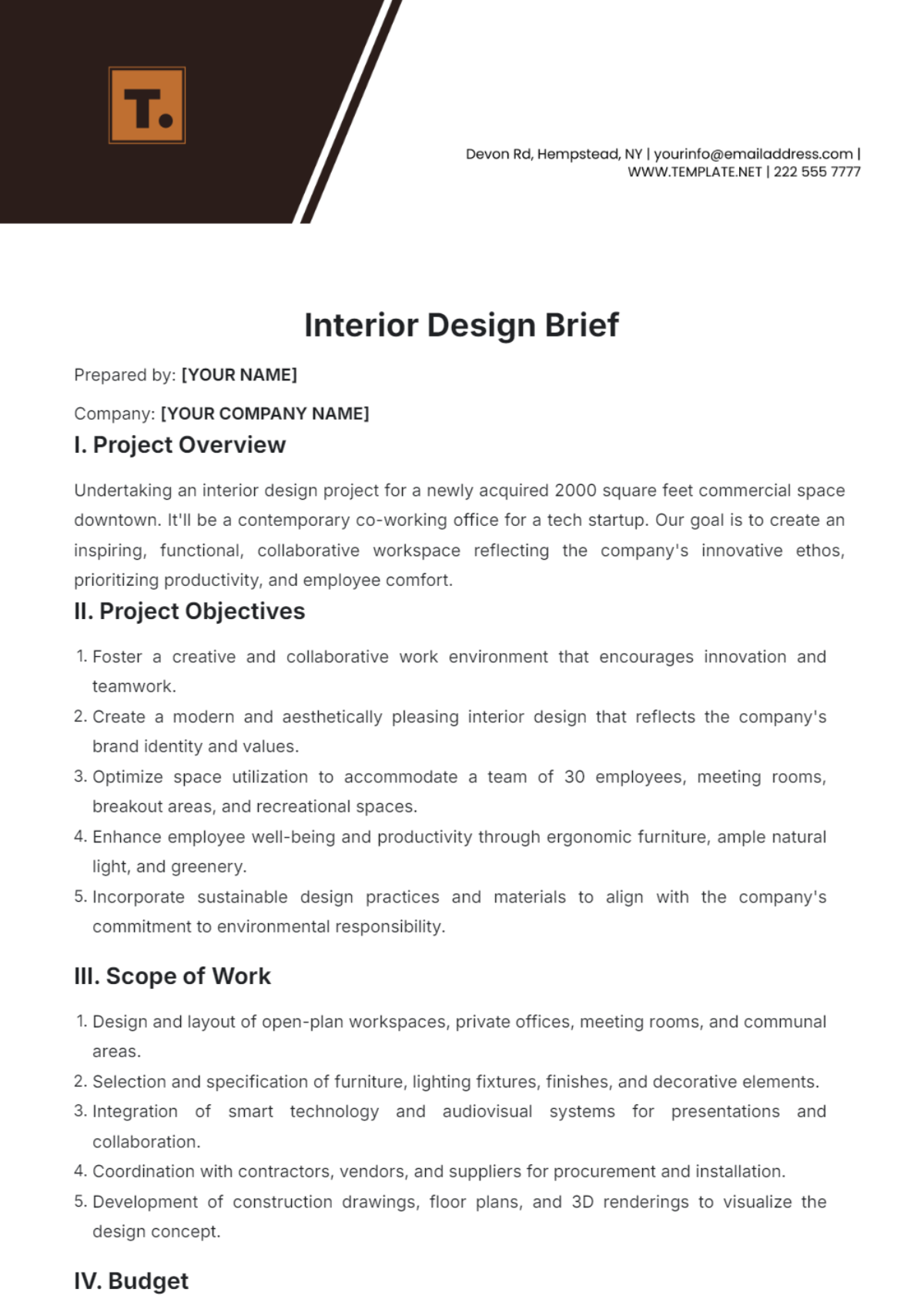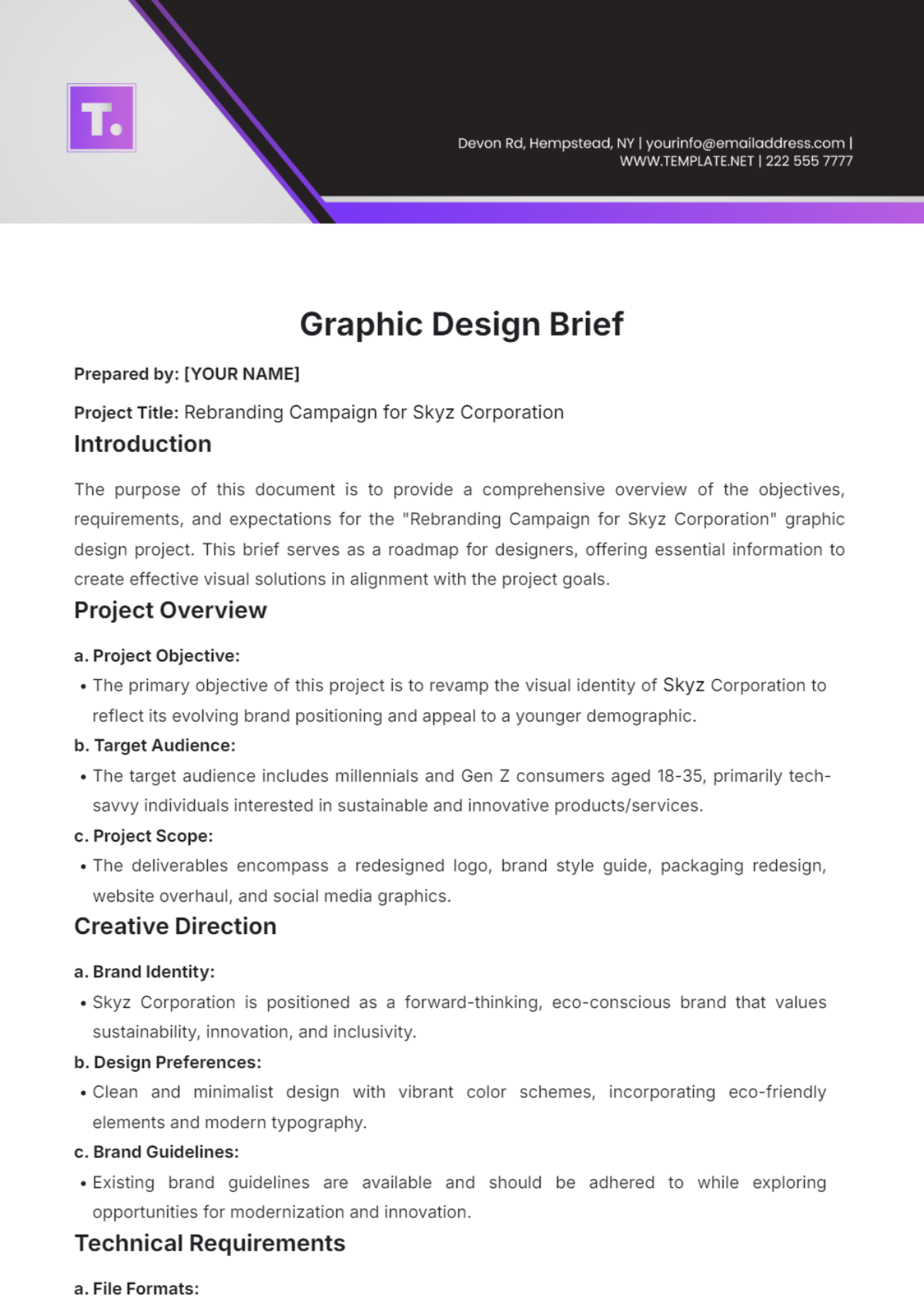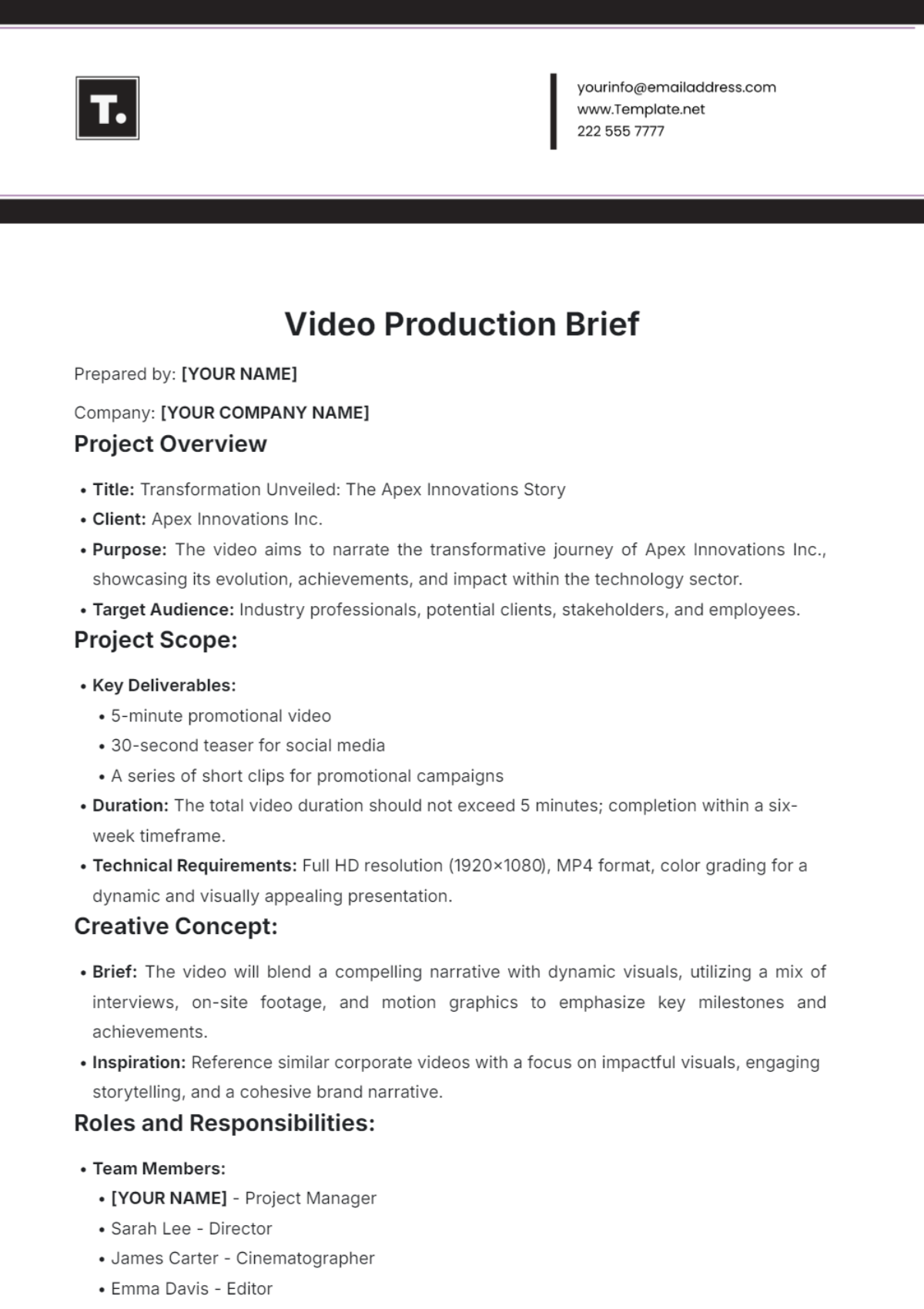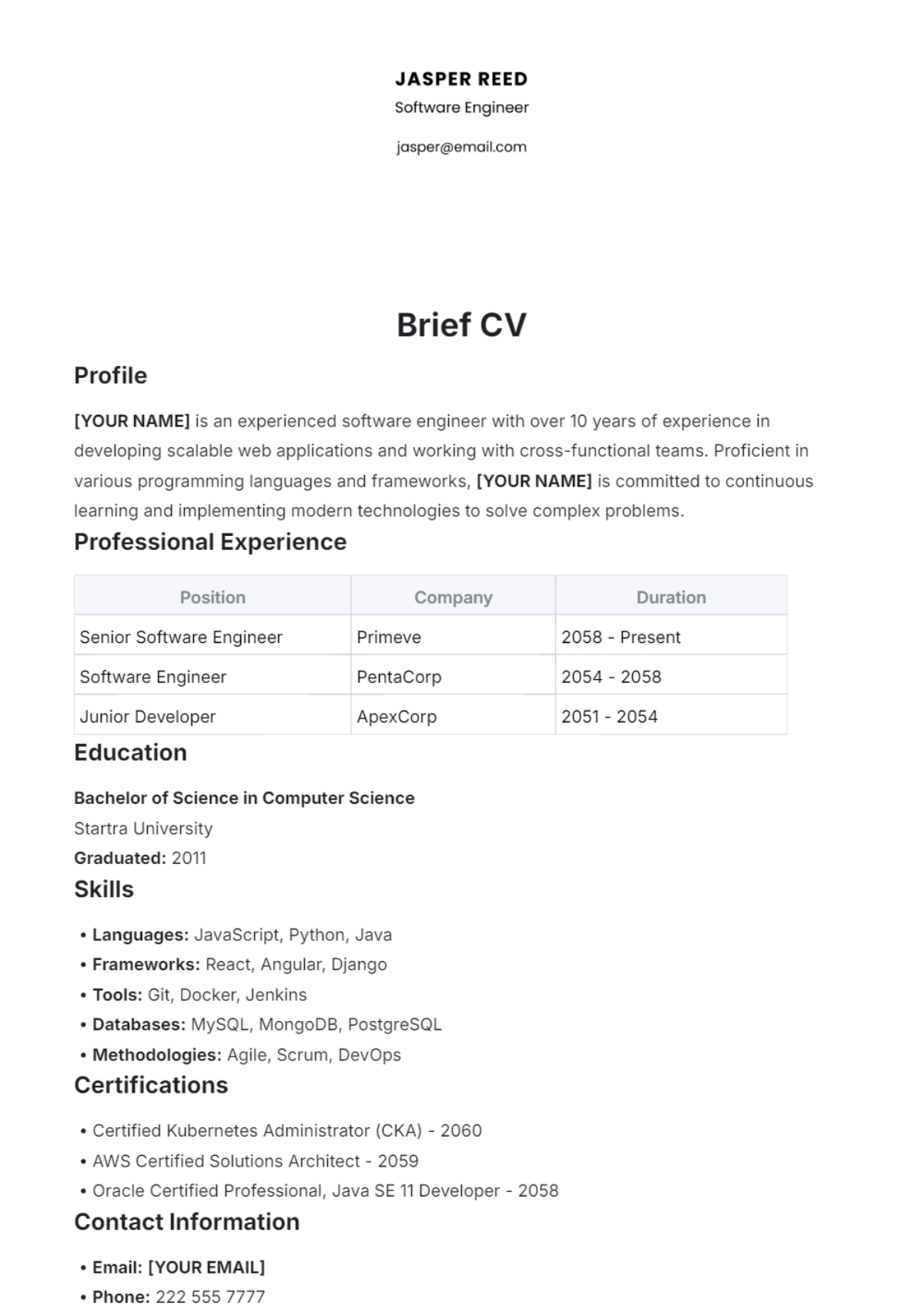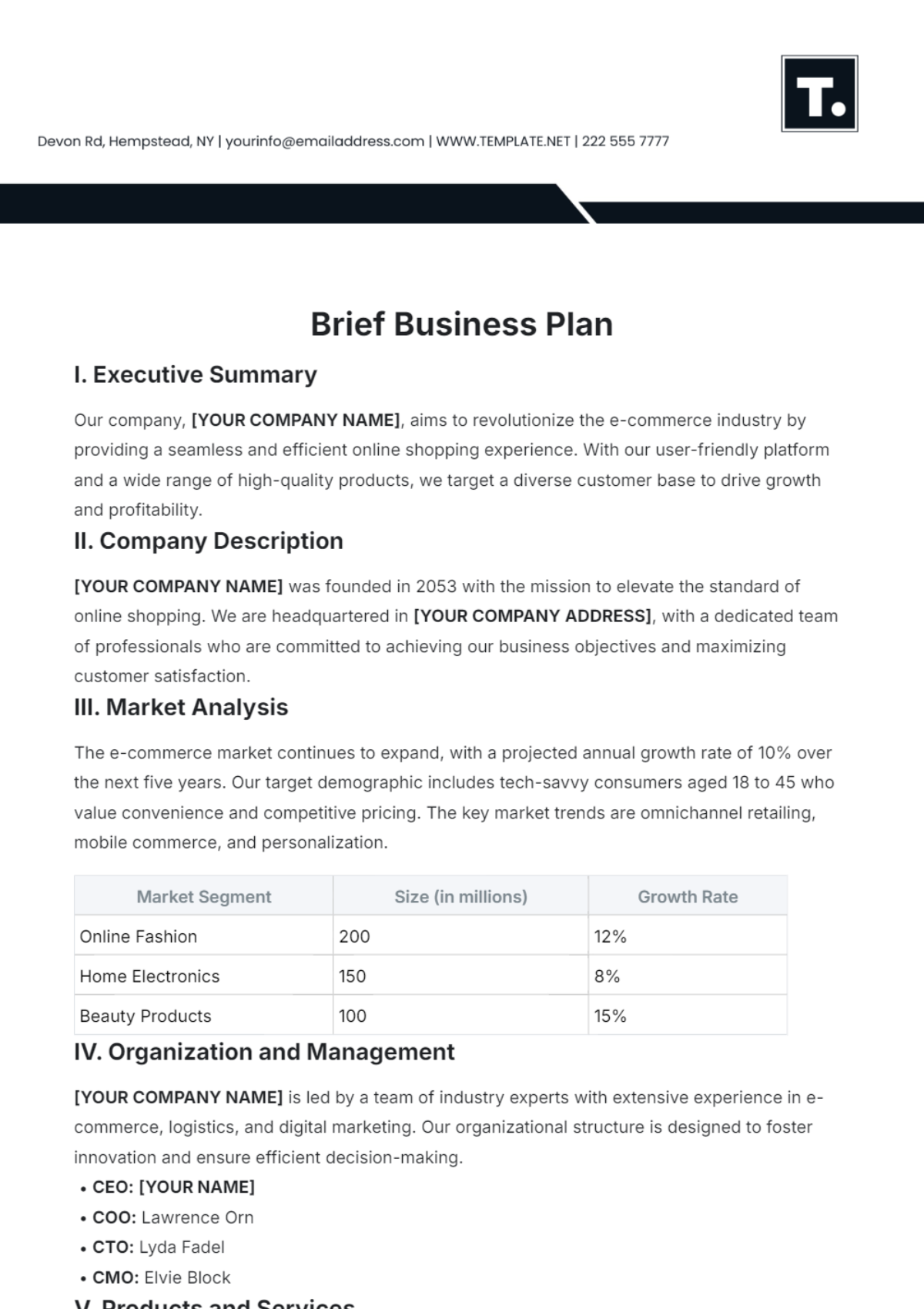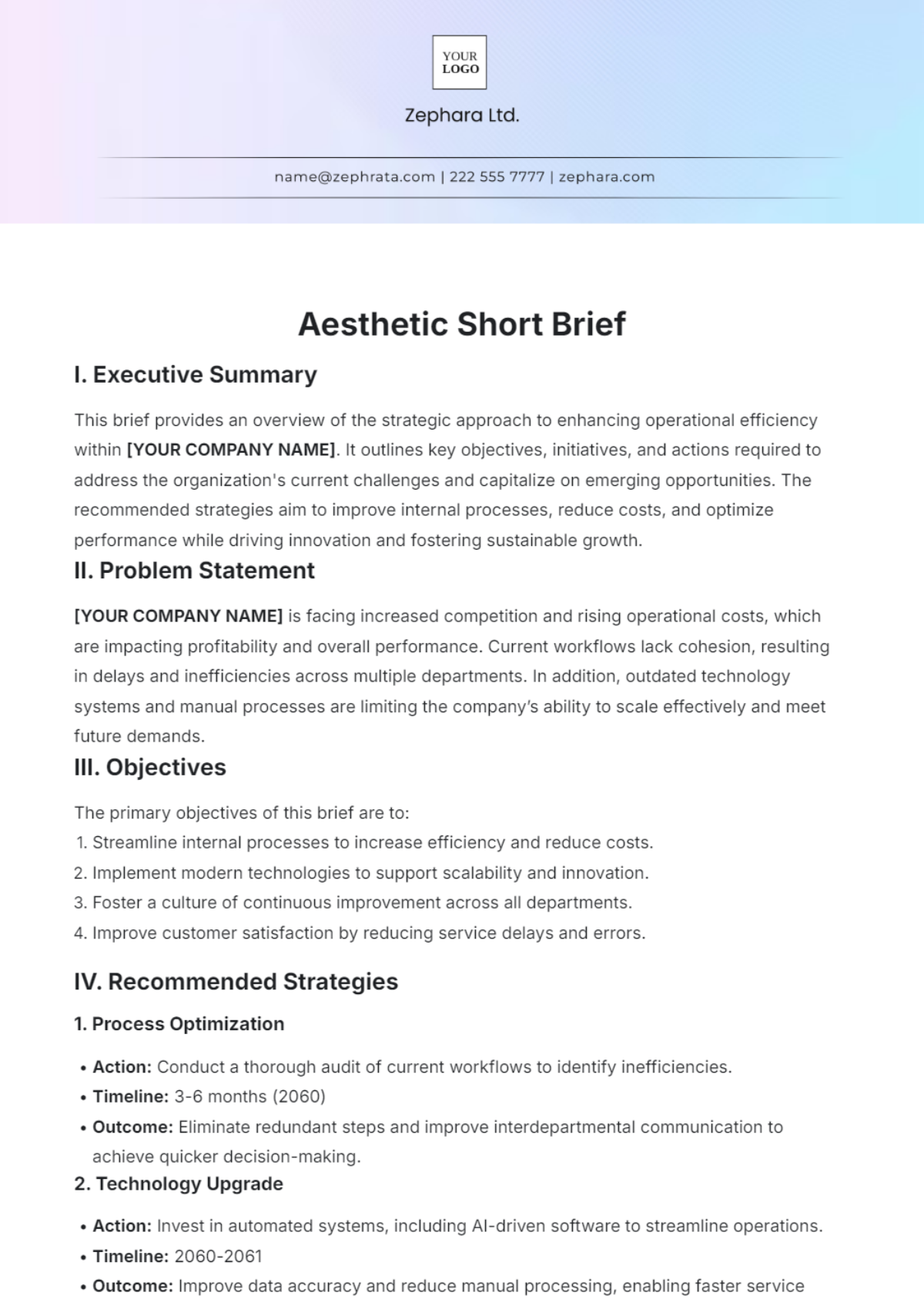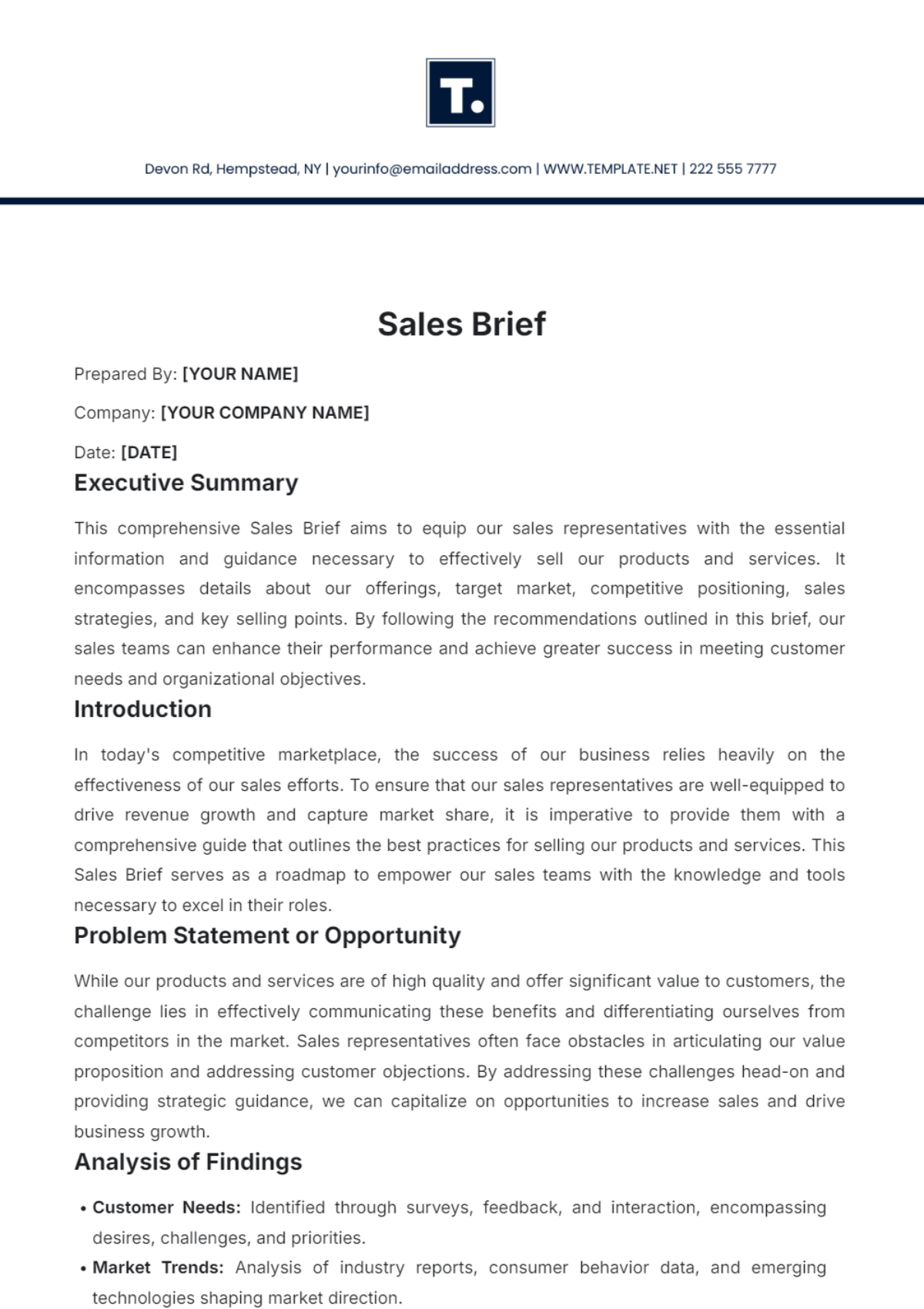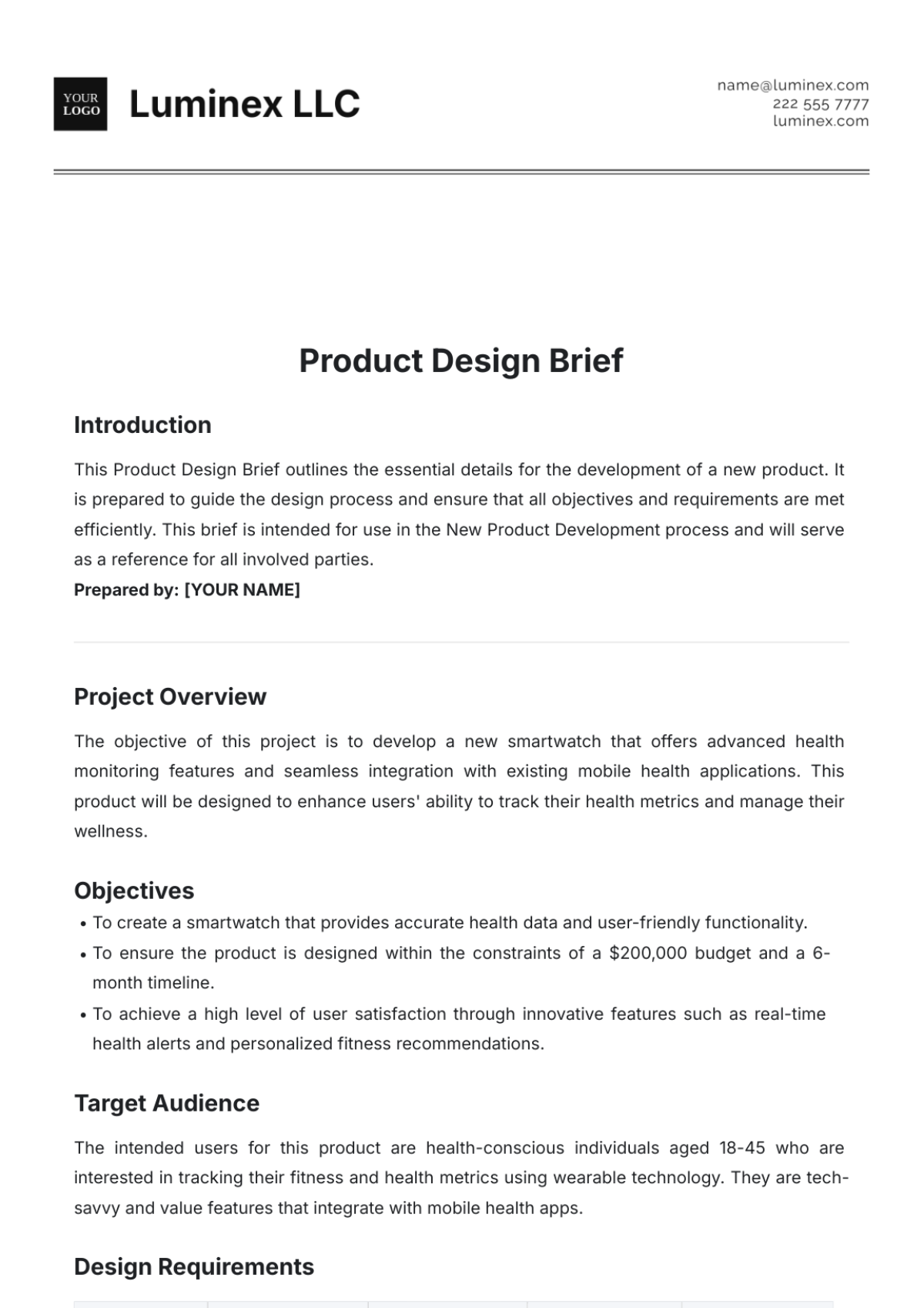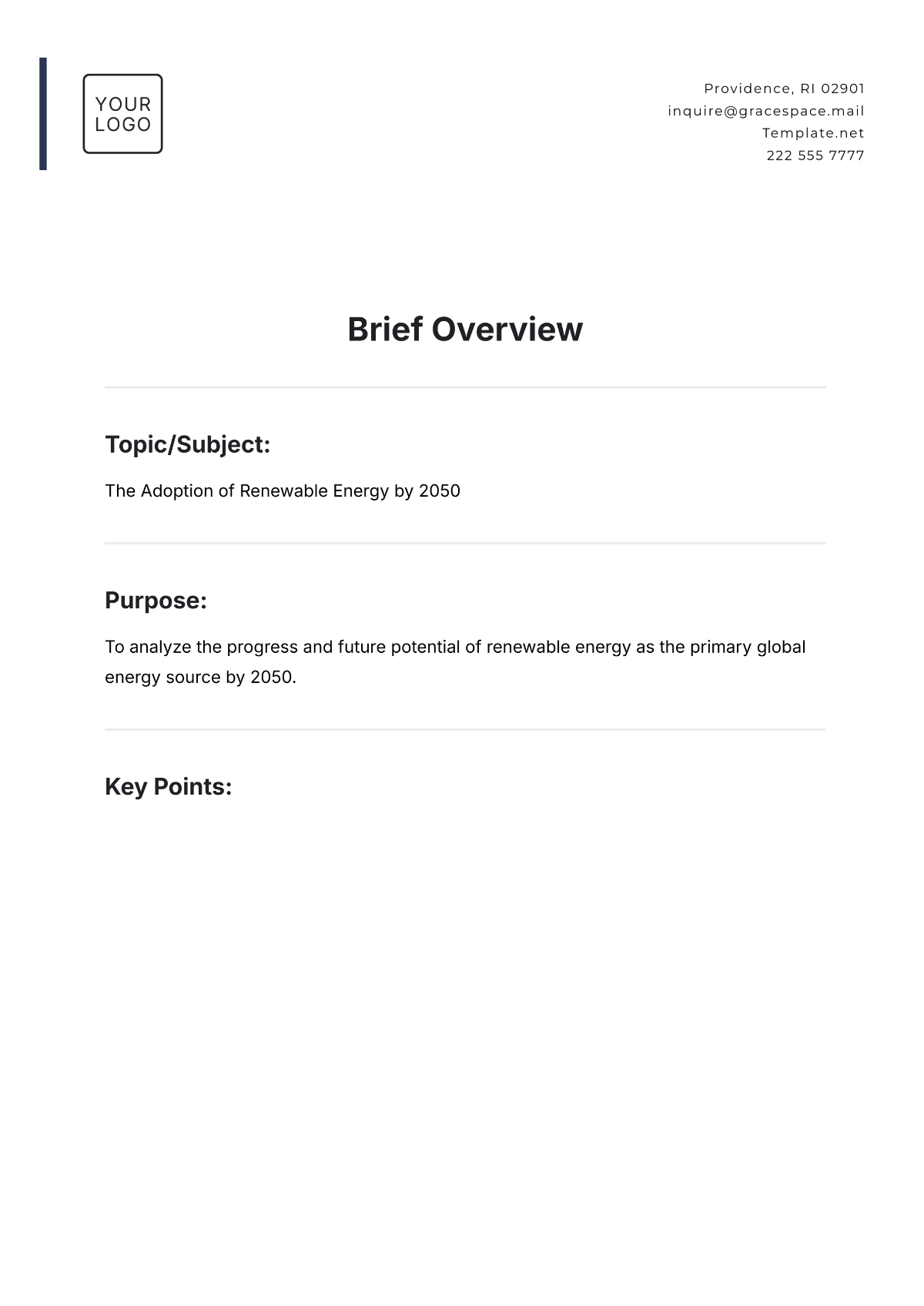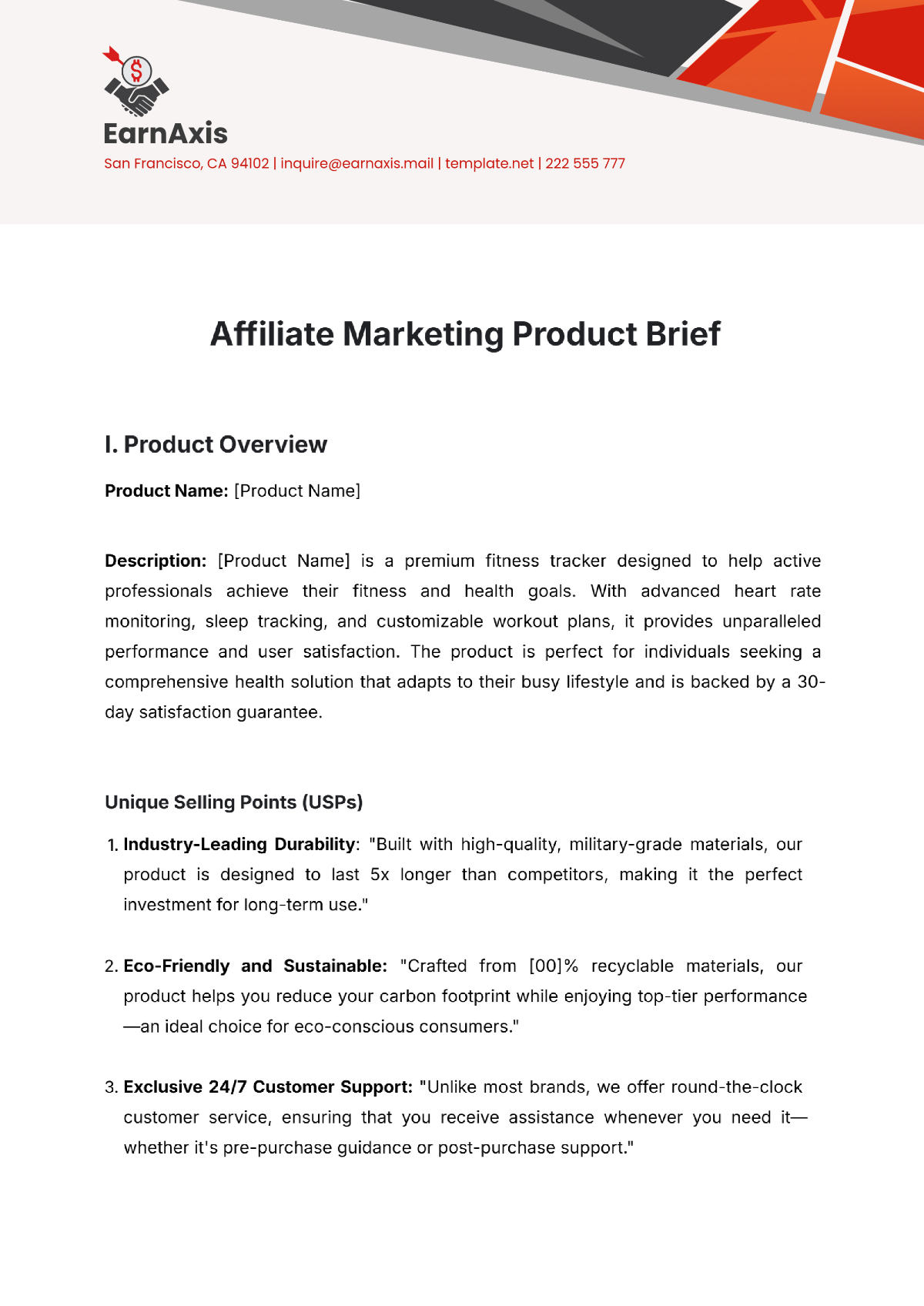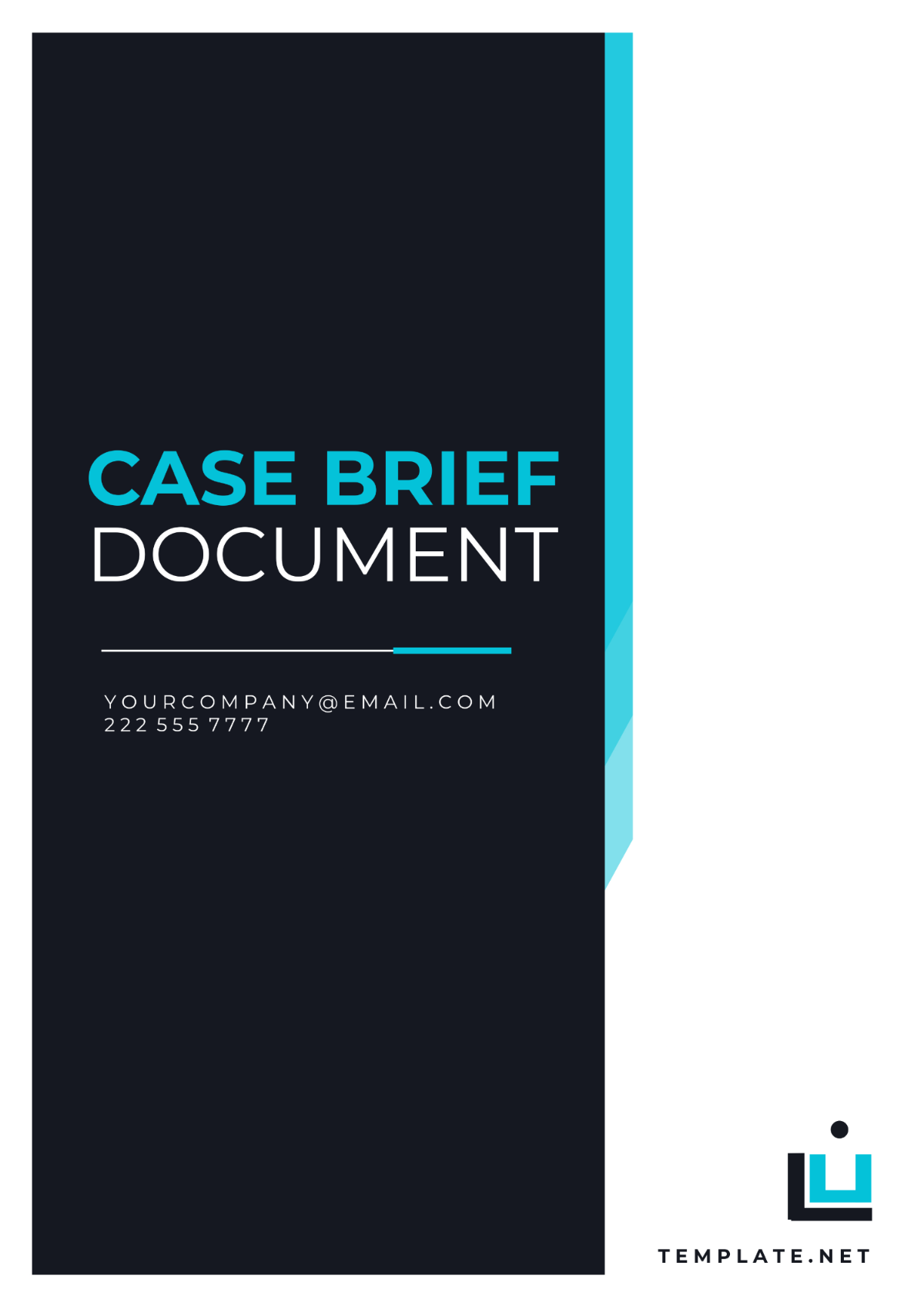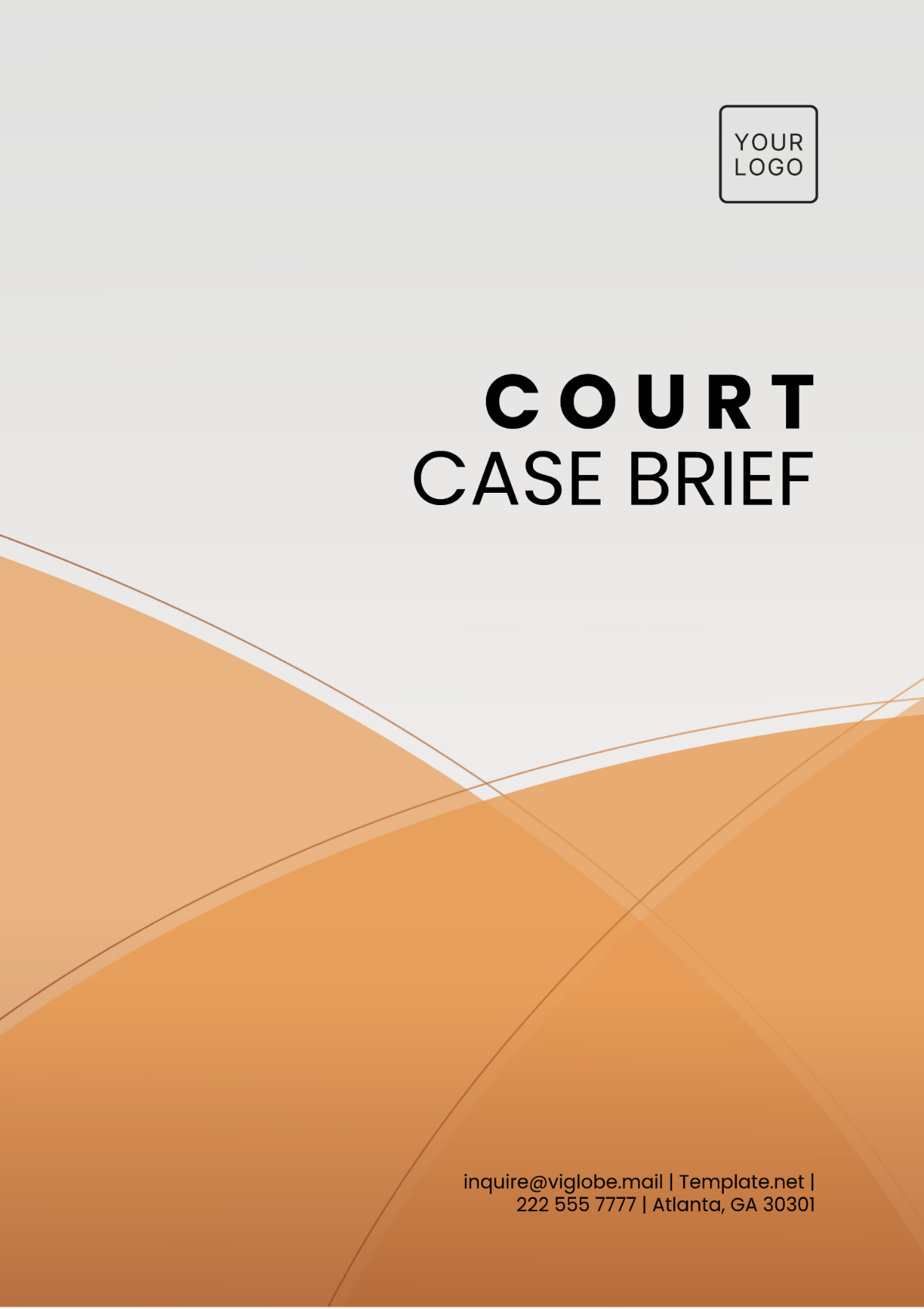Blog Outline Content Brief
Prepared By:[Your Name]
Date: [Date]
Introduction
Introduction:
In the dynamic world of digital marketing, content planning emerges as the linchpin for success. It serves as the compass guiding content creators through the labyrinth of audience expectations, search engine algorithms, and ever-evolving industry trends.
Significance:
A meticulously crafted content plan not only shapes your brand narrative but is also instrumental in forging a lasting online presence. It establishes your brand as a thought leader and builds the trust necessary for sustained engagement with your target audience.
Understanding Content Planning
Definition and scope of content planning:
Content planning, at its core, is the systematic approach to conceptualizing, creating, and distributing content that aligns seamlessly with your business objectives. It encompasses everything from ideation to execution.
The role of content planning in achieving marketing and business goals:
Content planning acts as the strategic bridge between your marketing efforts and broader business goals. It ensures that every piece of content contributes meaningfully to your overarching objectives, whether it's increasing brand awareness, generating leads, or driving conversions.
Key elements of content planning:
Dive into the intricacies of content planning, emphasizing the key components such as audience analysis, goal setting, content calendar development, creation and optimization, and strategic distribution. Each element plays a crucial role in the success of your content strategy.
Benefits of Effective Content Planning
Increased brand visibility and credibility:
Effective content planning elevates brand visibility by crafting a consistent narrative across channels. Credibility follows as your audience consistently receives valuable, reliable content that aligns with their interests and needs.
Improved audience engagement and retention:
Thoughtful content planning fosters deeper engagement and retention. By understanding your audience's preferences and consistently delivering content that resonates, you build a community of loyal followers who eagerly anticipate your next piece.
Enhanced SEO and website performance:
A well-structured content plan is a powerful ally in the realm of SEO. By creating content optimized for relevant keywords and user intent, you enhance your website's performance on search engine result pages, driving organic traffic.
Content Planning Process
Research and Analysis:
Engage in thorough audience research, utilizing tools like Google Analytics and social media insights. Understand their demographics, preferences, and pain points to tailor your content strategy accordingly.
Goal Setting:
SMART (Specific, Measurable, Achievable, Relevant, Time-bound) content objectives aligned with your business goals. Whether it's increasing brand awareness or driving conversions, articulate clear and measurable goals.
Content Calendar Development:
Develop a comprehensive content calendar using tools like Trello or CoSchedule. Balance evergreen content with timely pieces, ensuring a steady flow that resonates with your audience throughout the year.
Creation and Optimization:
Craft compelling content that not only provides value to your audience but is also optimized for search engines. Integrate relevant keywords, and meta tags, and ensure readability for both users and search engines.
Distribution and Promotion:
Choose channels that align with your audience's preferences. Leverage social media, email marketing, and other promotional strategies to maximize the reach and impact of your content.
Tools and Resources for Content Planning
Overview of popular content planning tools
Explore popular tools like SEMrush for keyword research, Google Analytics for performance tracking, and CoSchedule for editorial calendar management. Provide insights into how each tool can streamline the content planning process.
Recommendations for resources and platforms to stay updated
Stay informed by following industry-leading blogs like Neil Patel's, attending webinars hosted by Content Marketing Institute, and participating in forums such as Moz's community. These resources offer invaluable insights and updates on content planning best practices.
Common Mistakes to Avoid in Content Planning
Lack of audience understanding
Failing to comprehend your audience's nuanced preferences and needs can lead to content that misses the mark. Conduct surveys, analyze social media interactions, and gather feedback to bridge this gap.
Inconsistency in content production
Inconsistency disrupts the narrative you're building. Create a content calendar that is realistic and sustainable, ensuring a steady flow of content to maintain audience engagement.
Neglecting the importance of SEO
Neglecting SEO is akin to building a beautiful storefront in a hidden alley. Incorporate SEO best practices throughout your content creation process to enhance discoverability and visibility.
Case Studies and Examples
Real-life examples of successful content planning strategies
Delve into the success story of Company X, detailing how their meticulous content planning strategy resulted in a 30% increase in website traffic and a substantial boost in conversion rates. Highlight specific tactics and approaches that contributed to their success.
Analysis of challenges faced and how they were overcome
Explore a case study where a startup faced content planning challenges such as audience disengagement and low visibility. Analyze how they identified and addressed these challenges, showcasing the adaptability and problem-solving skills within their content planning strategy.
Conclusion
In summary, effective content planning is the cornerstone of successful online communication, offering a roadmap to engage your audience, achieve business goals, and establish a reputable brand presence.
Embrace a mindset of continuous learning and adaptability in content creation. Stay abreast of industry trends, experiment with new approaches, and refine your content strategy to meet evolving audience expectations.
